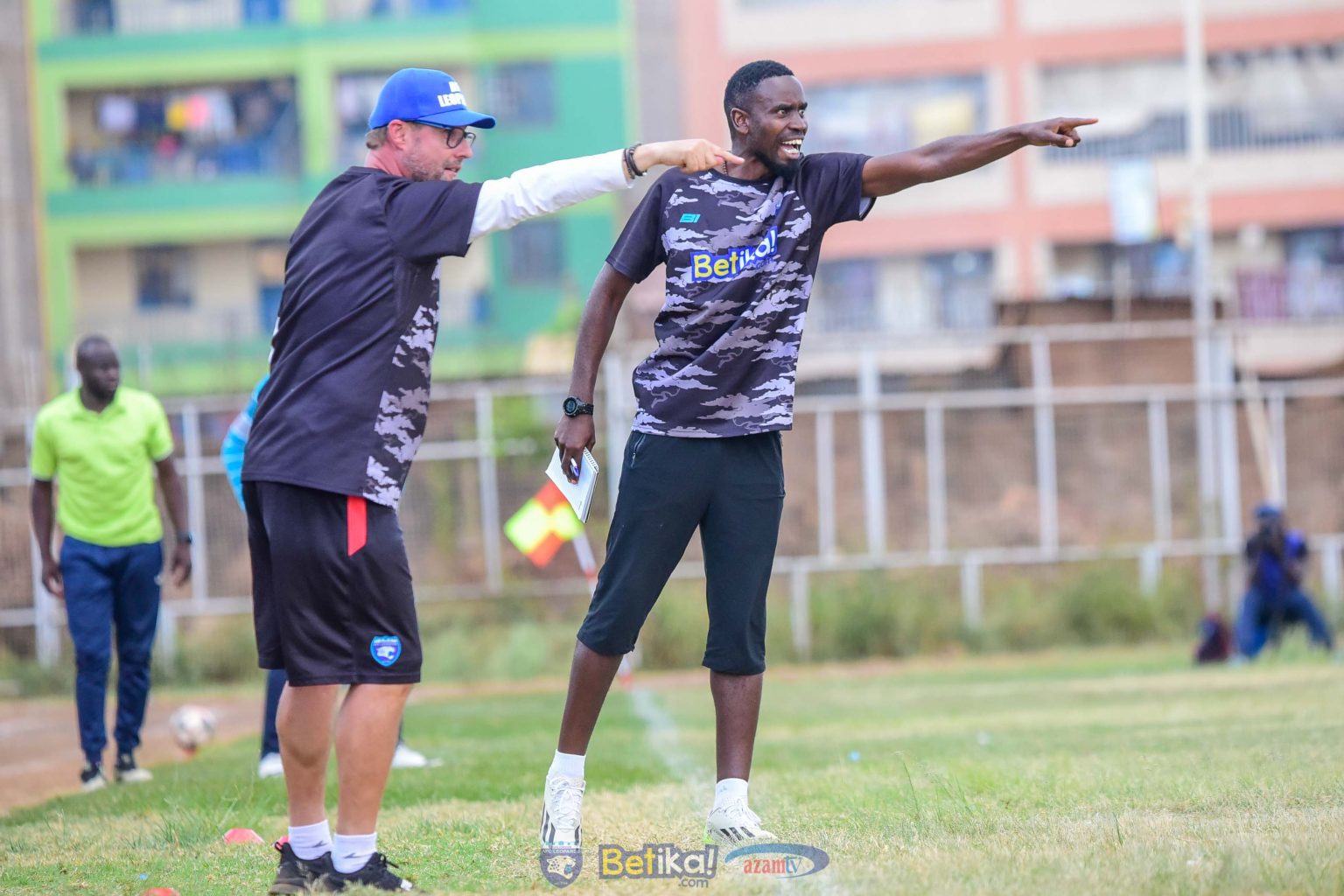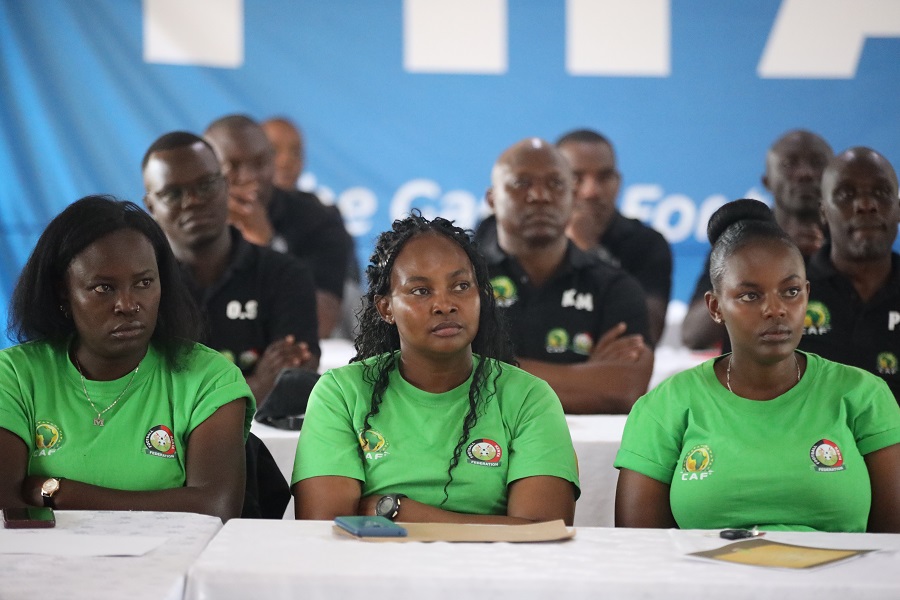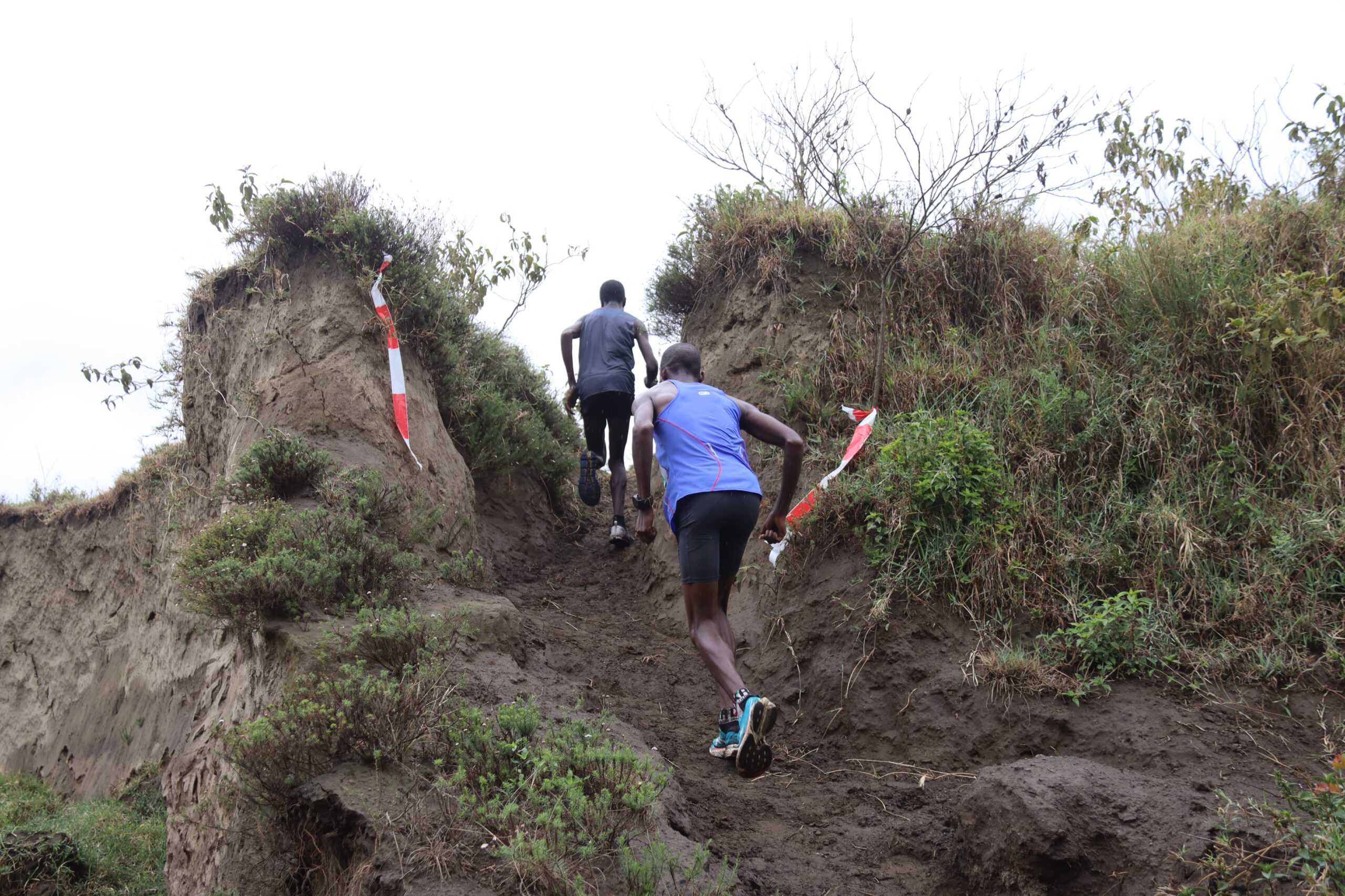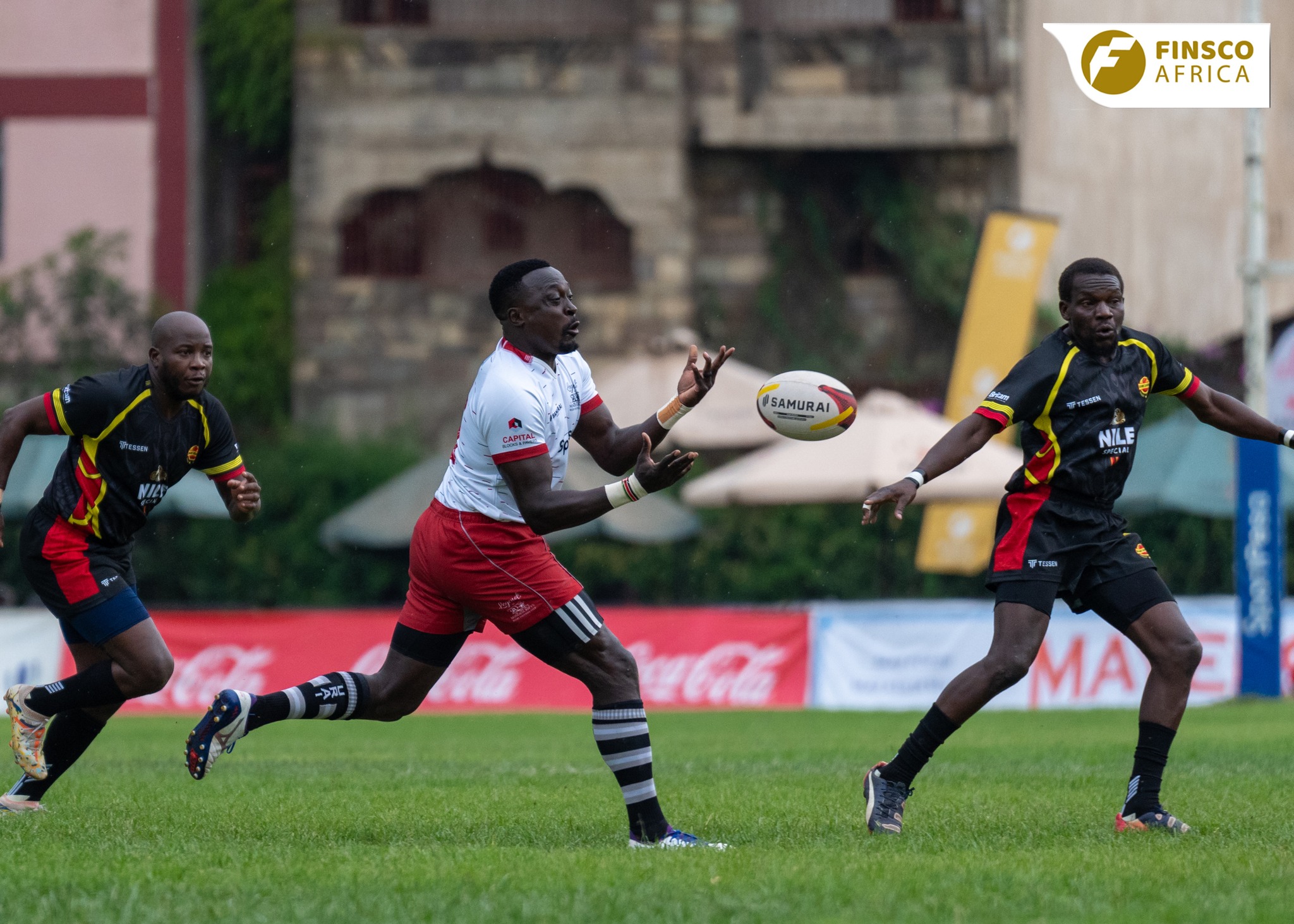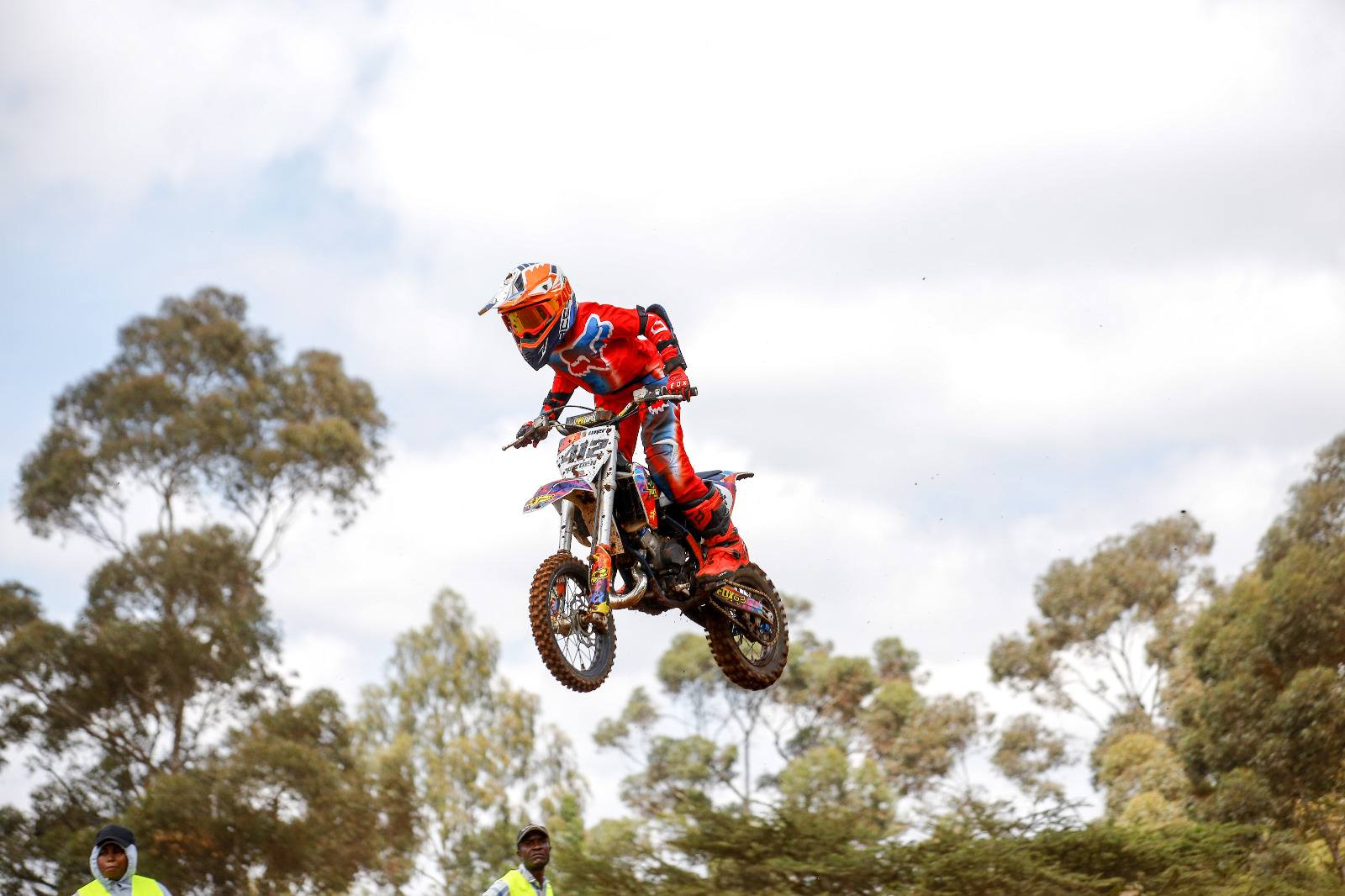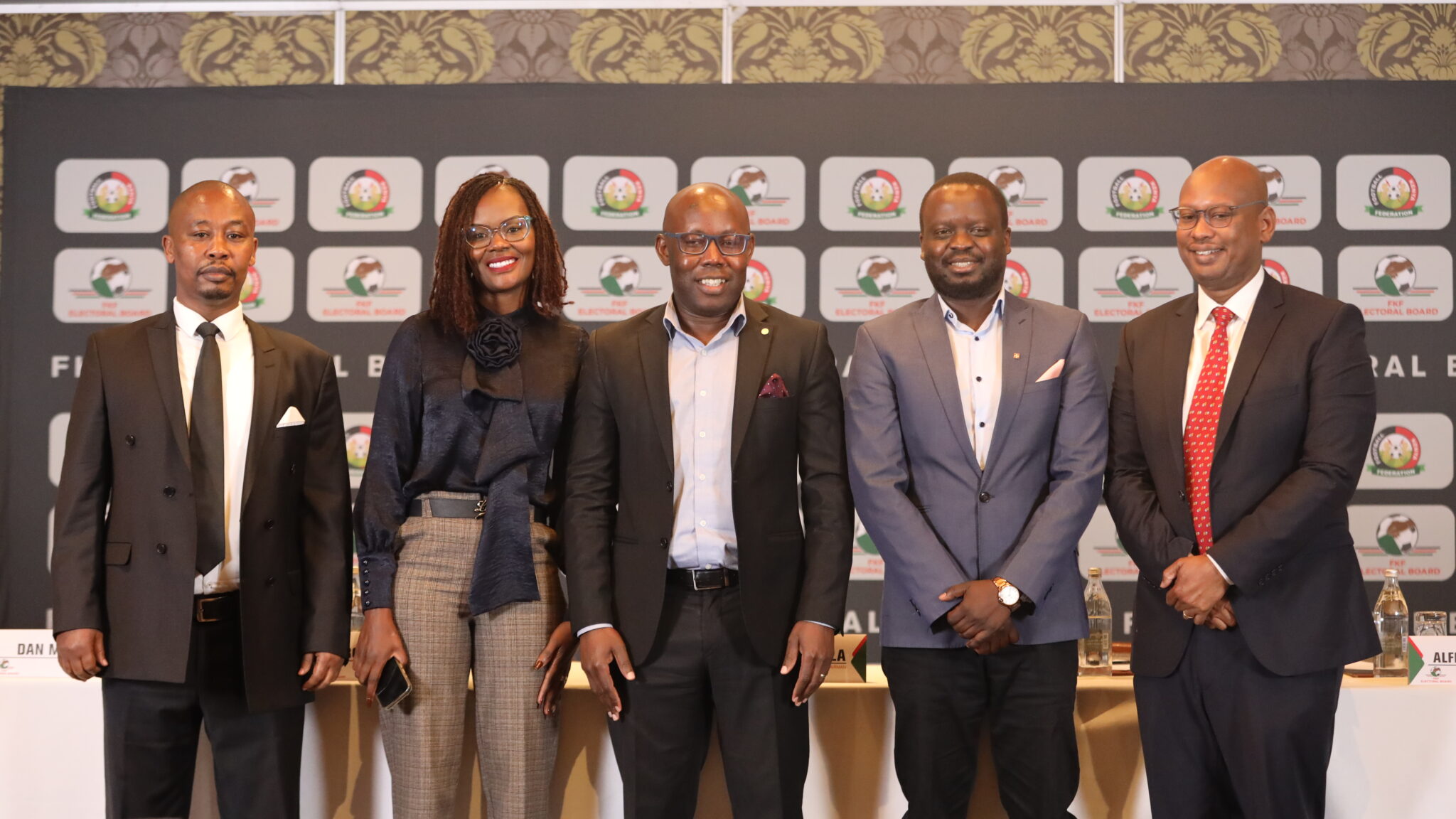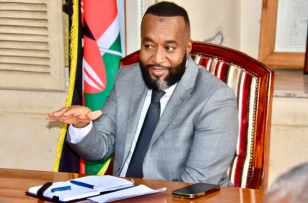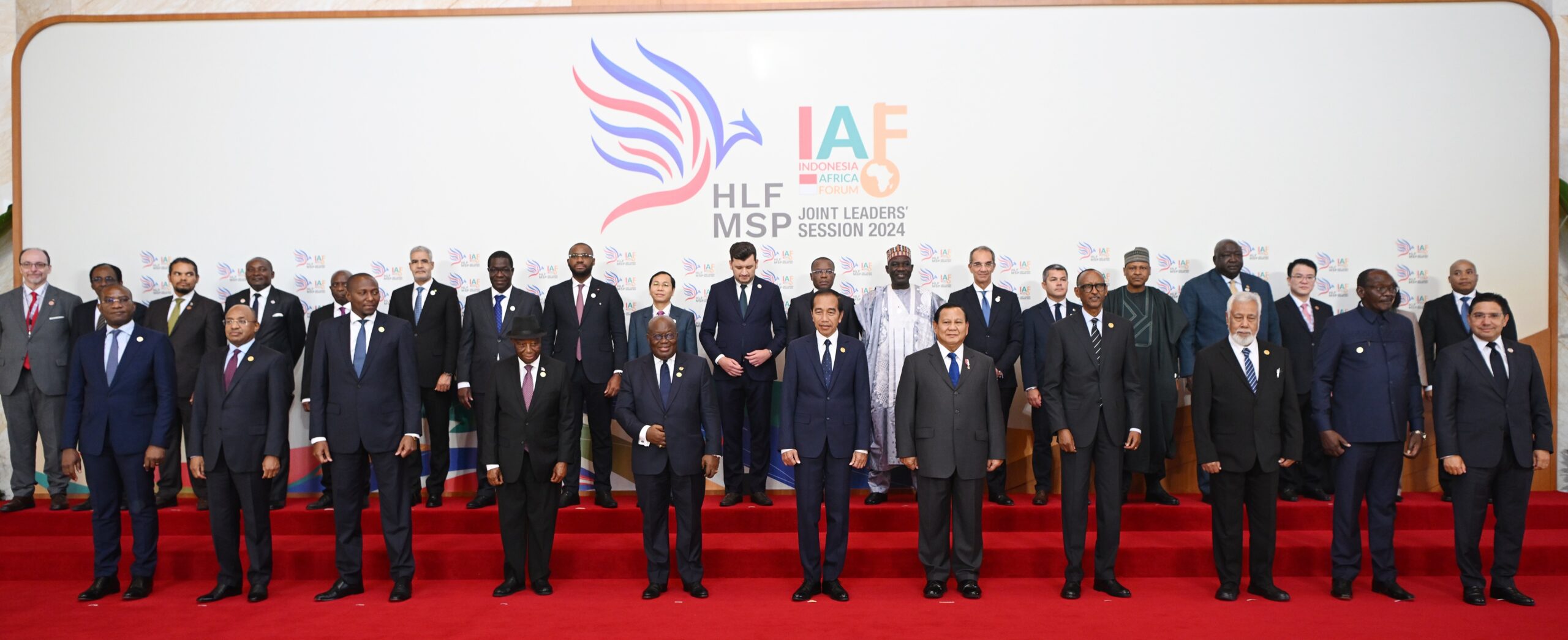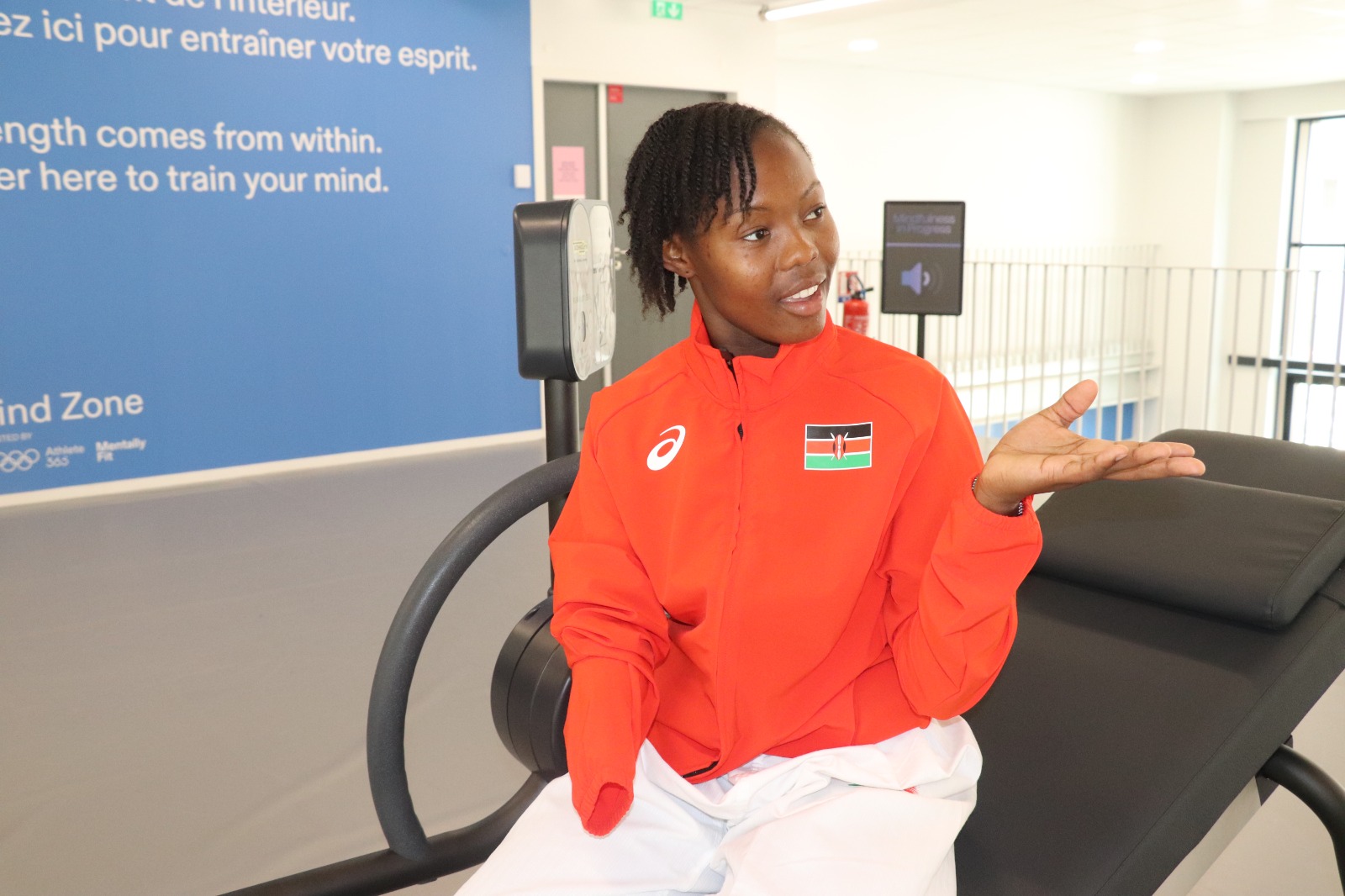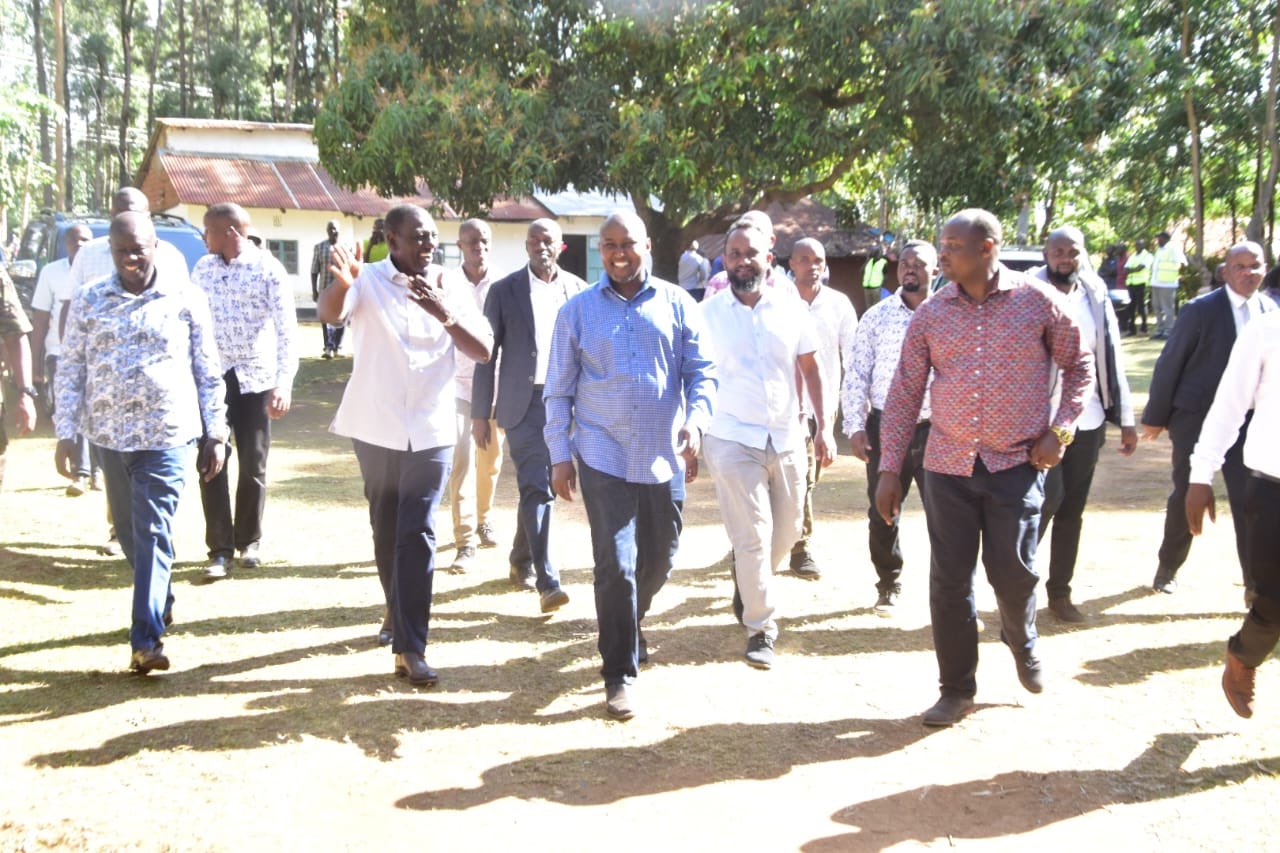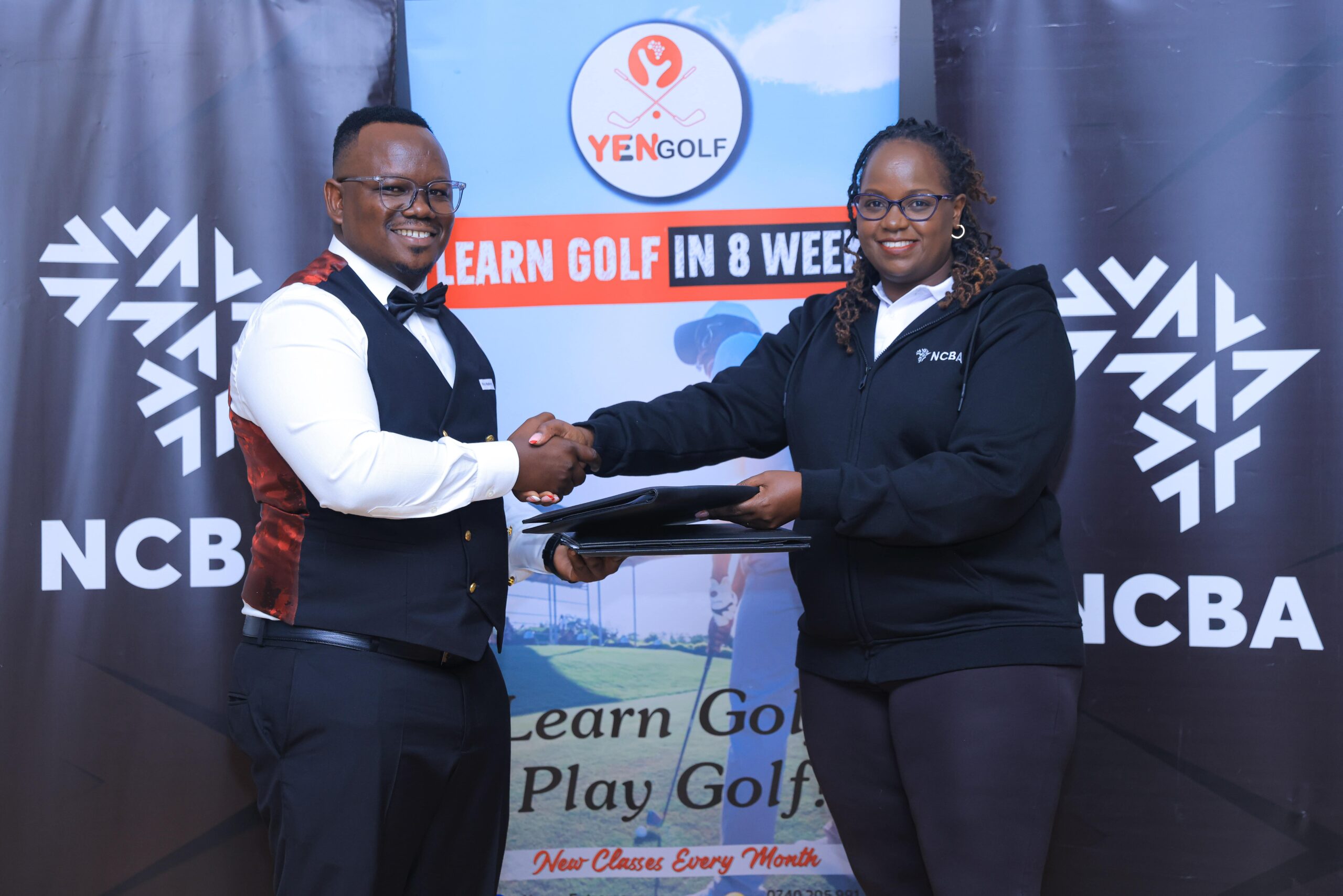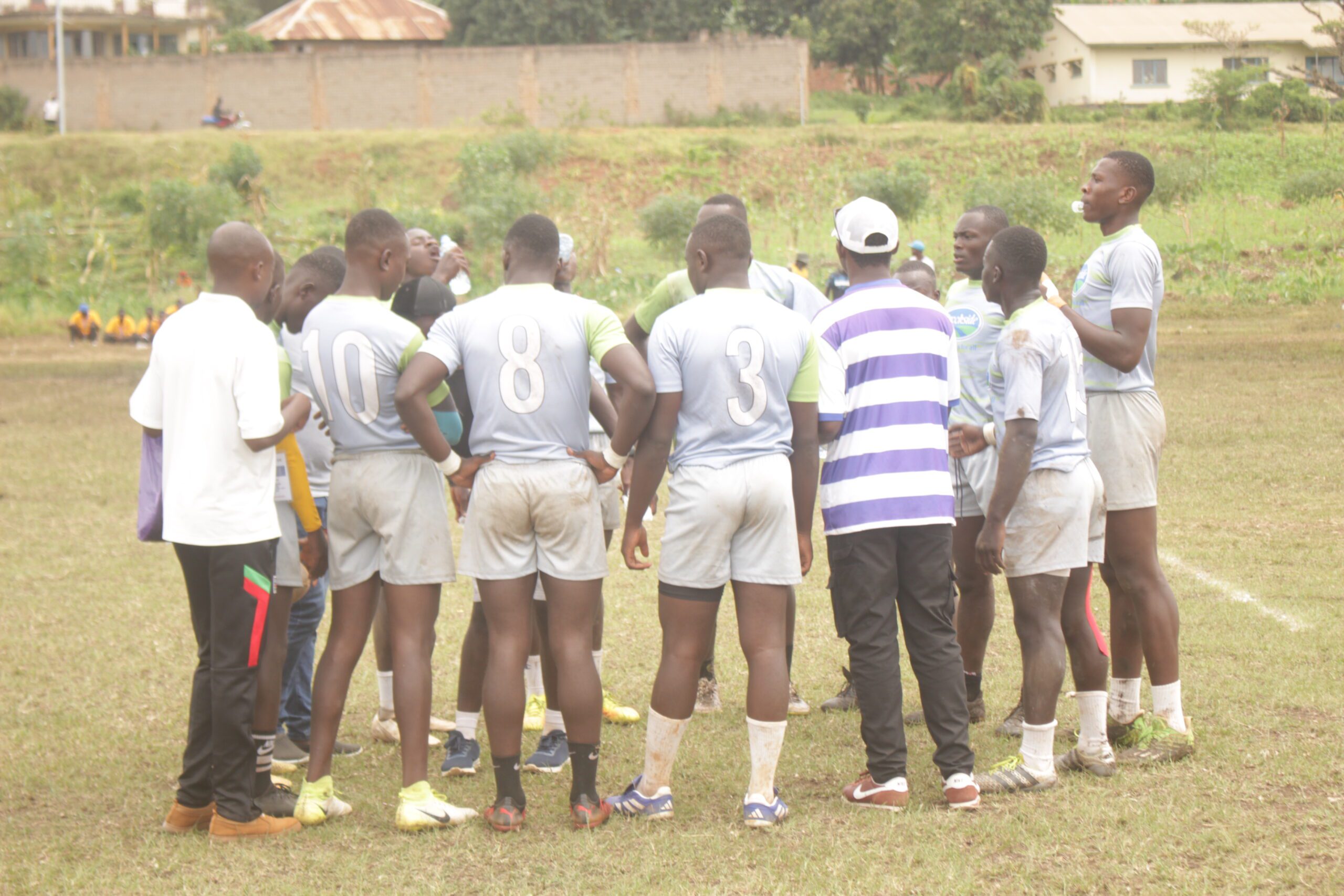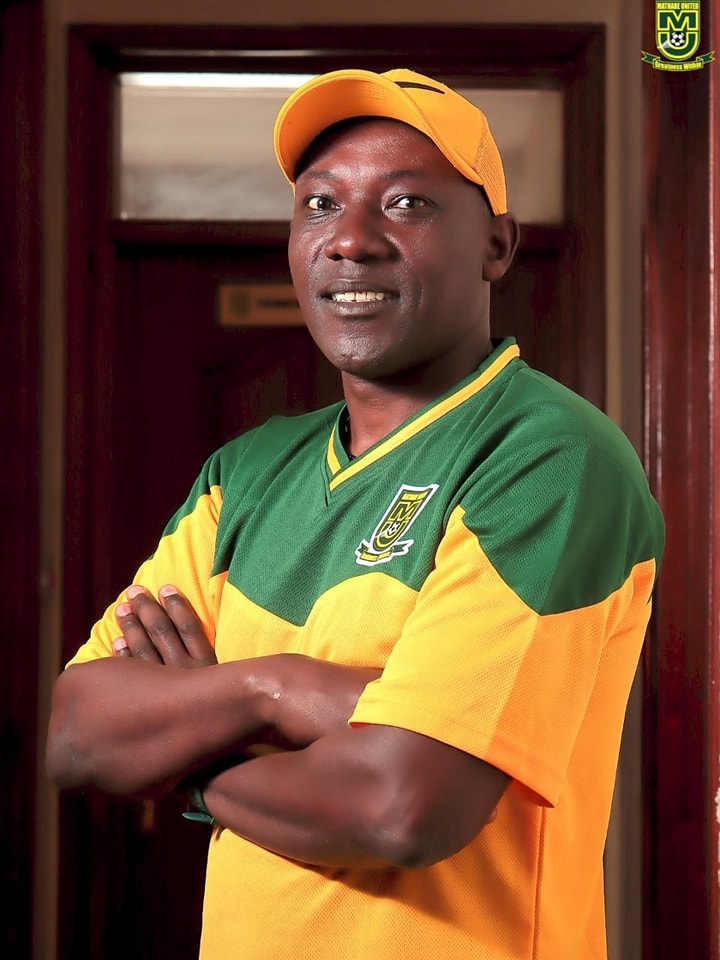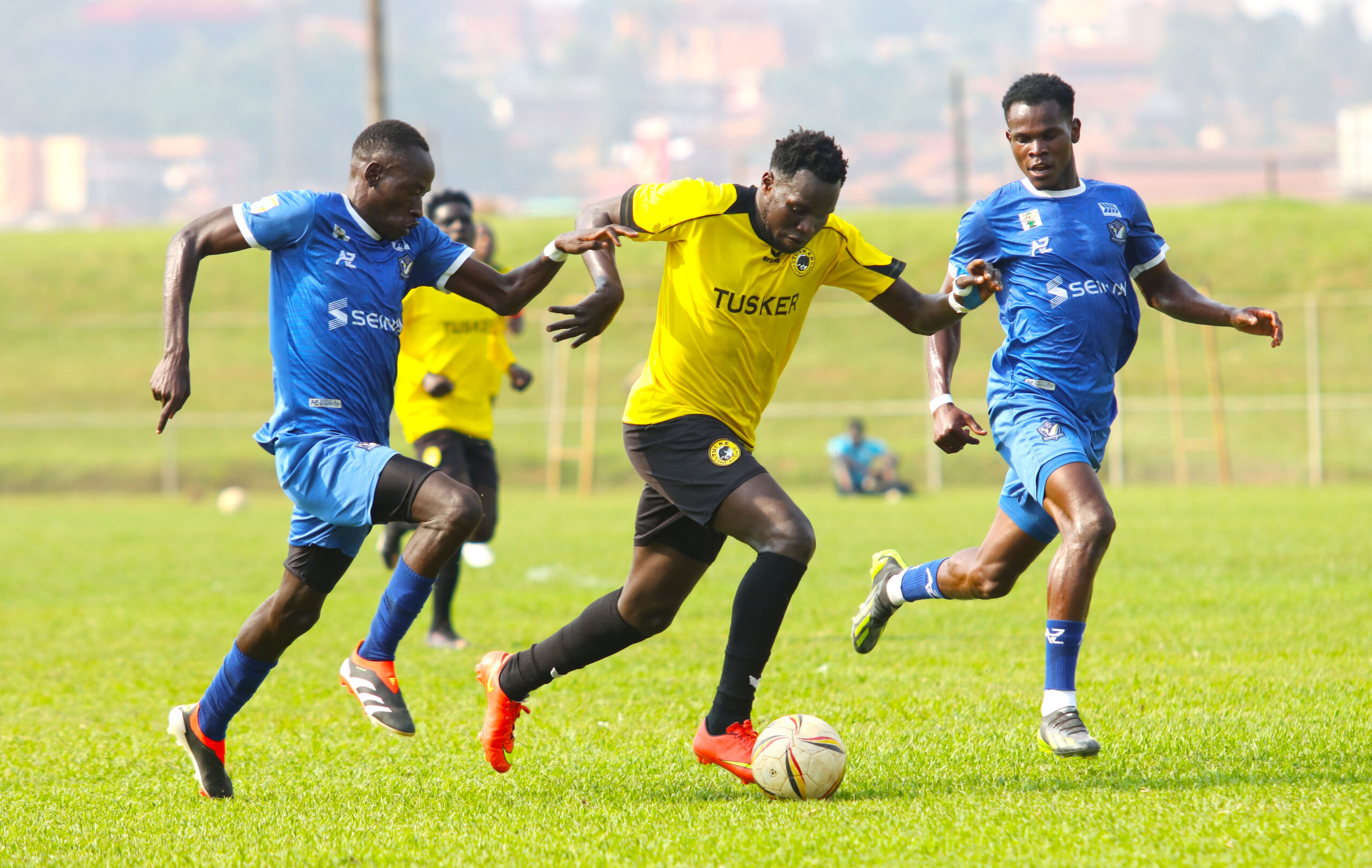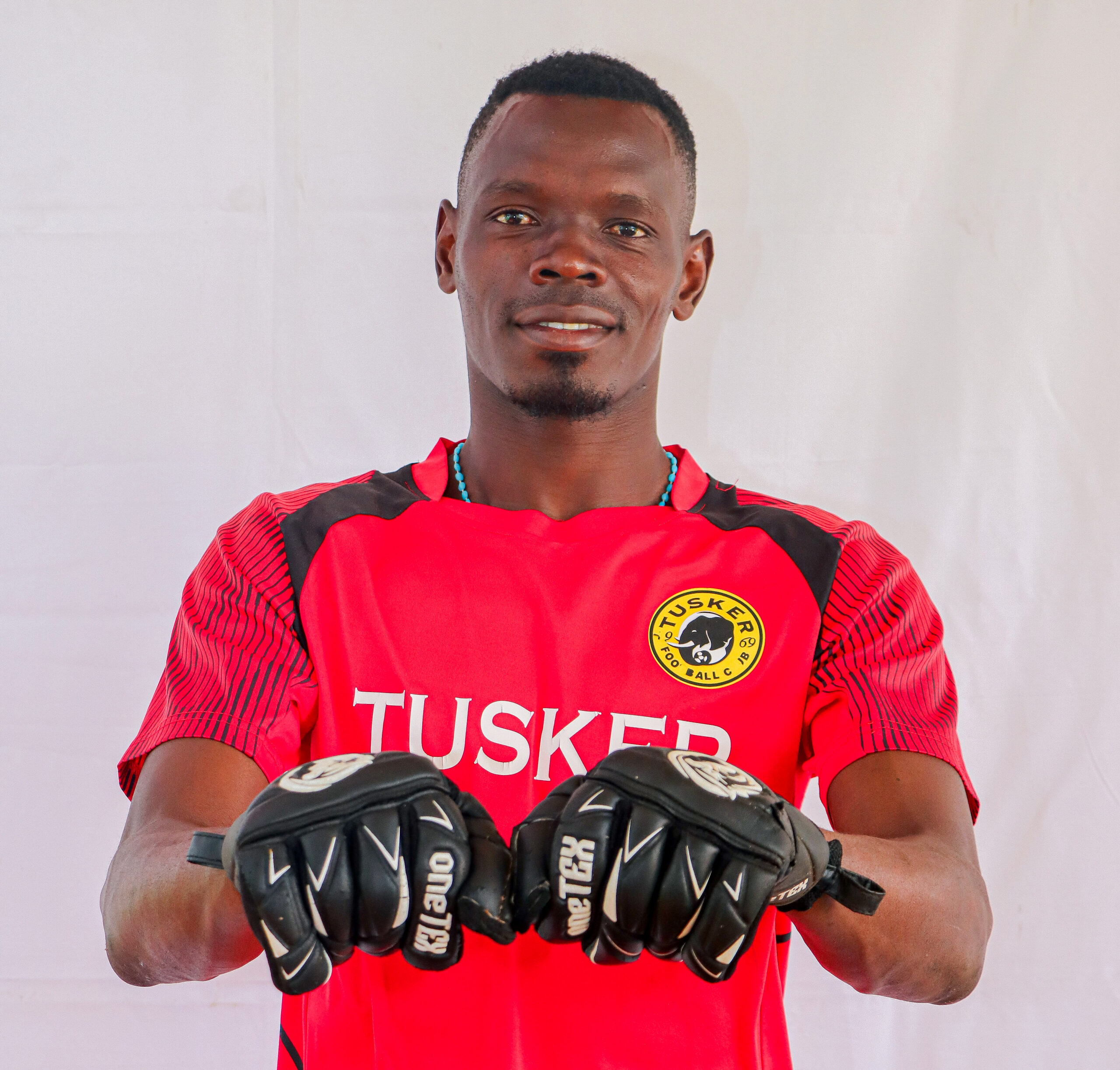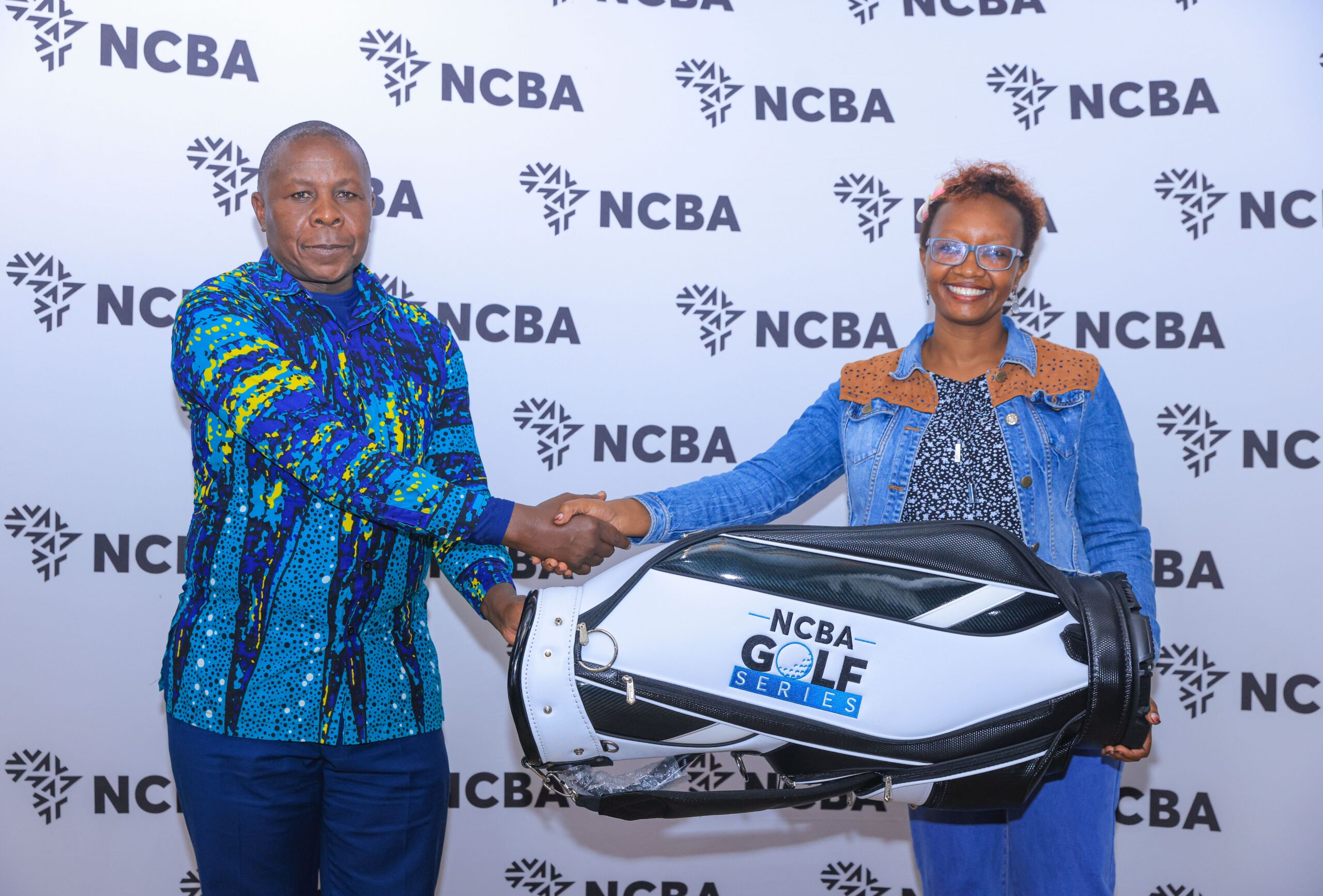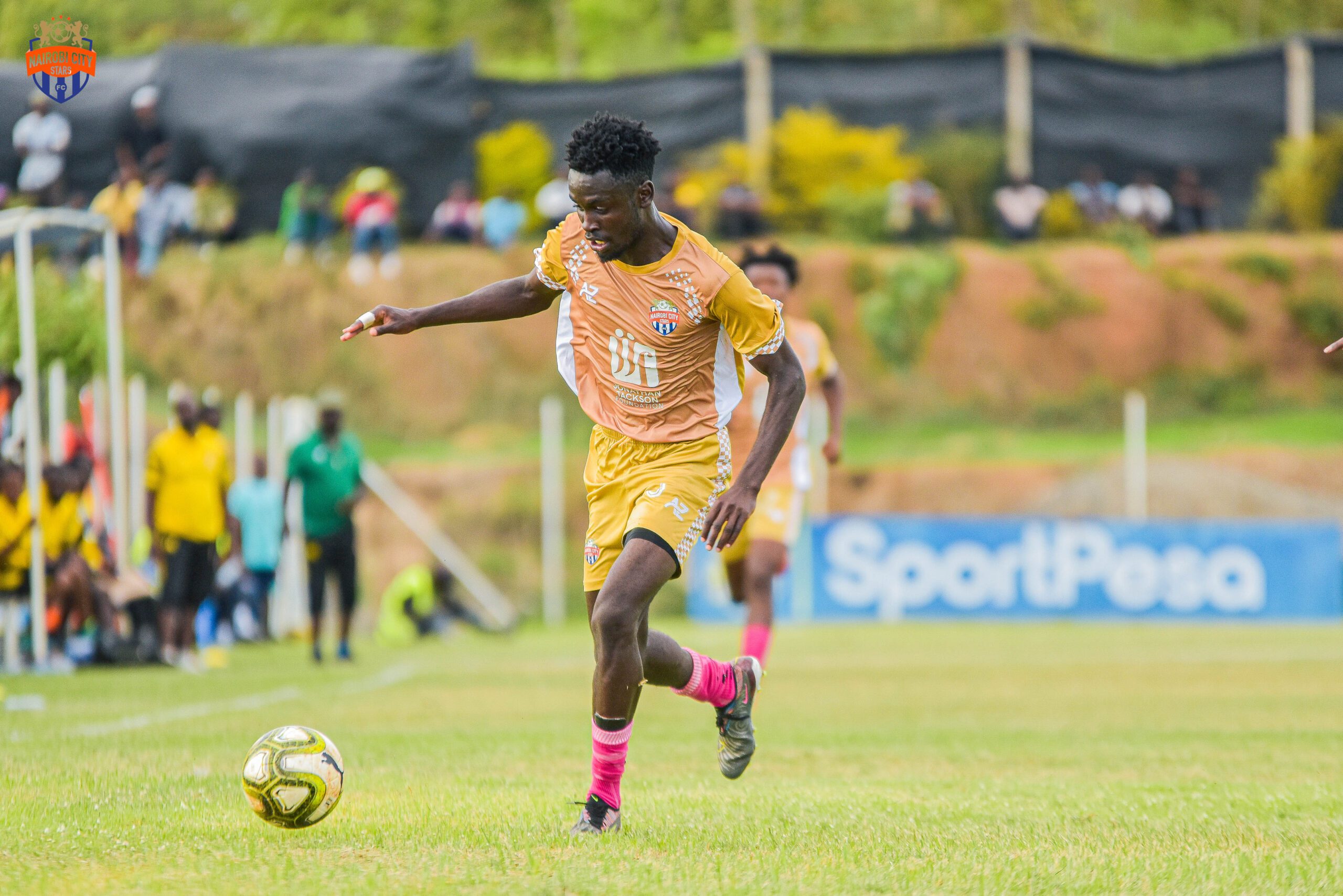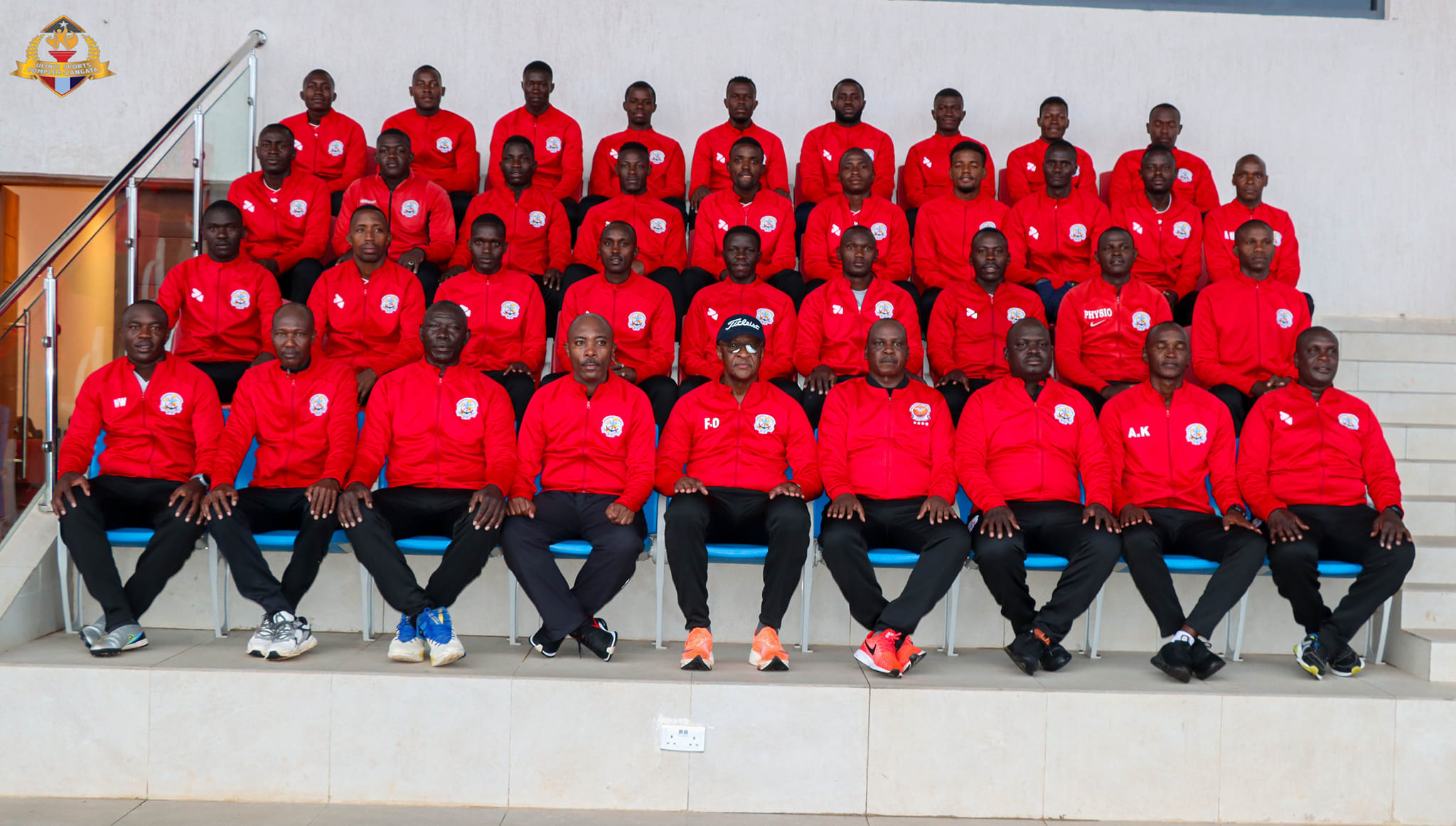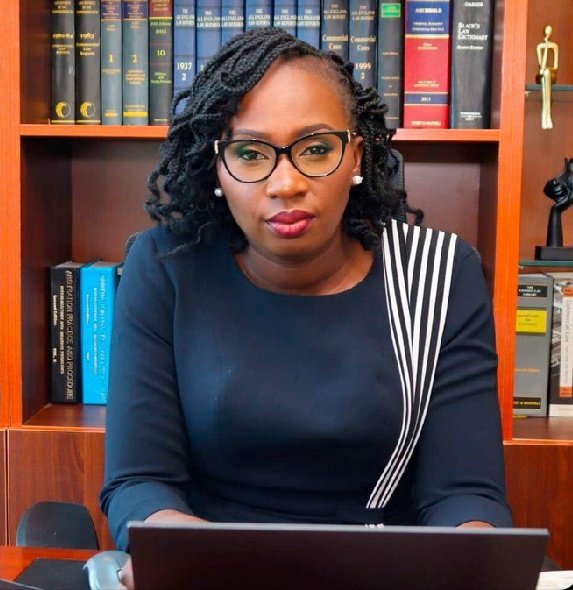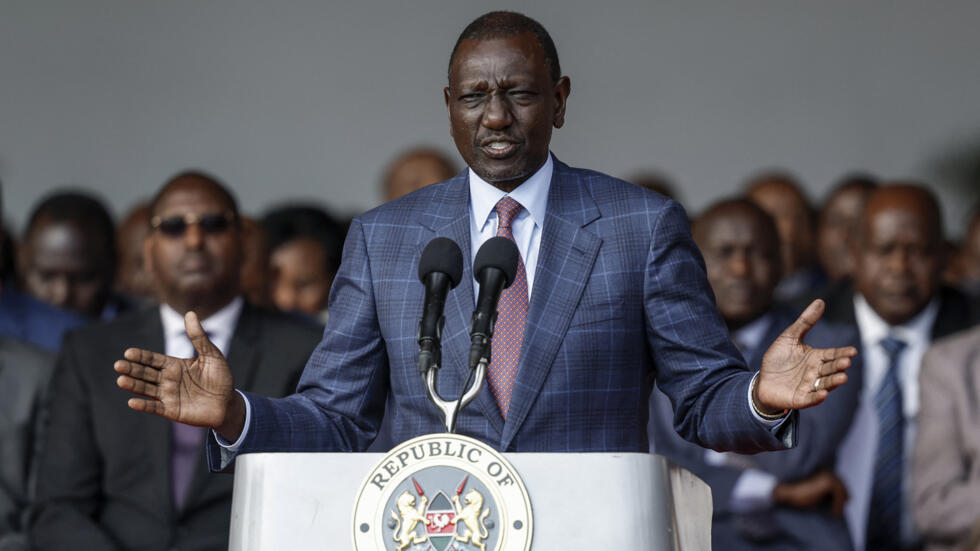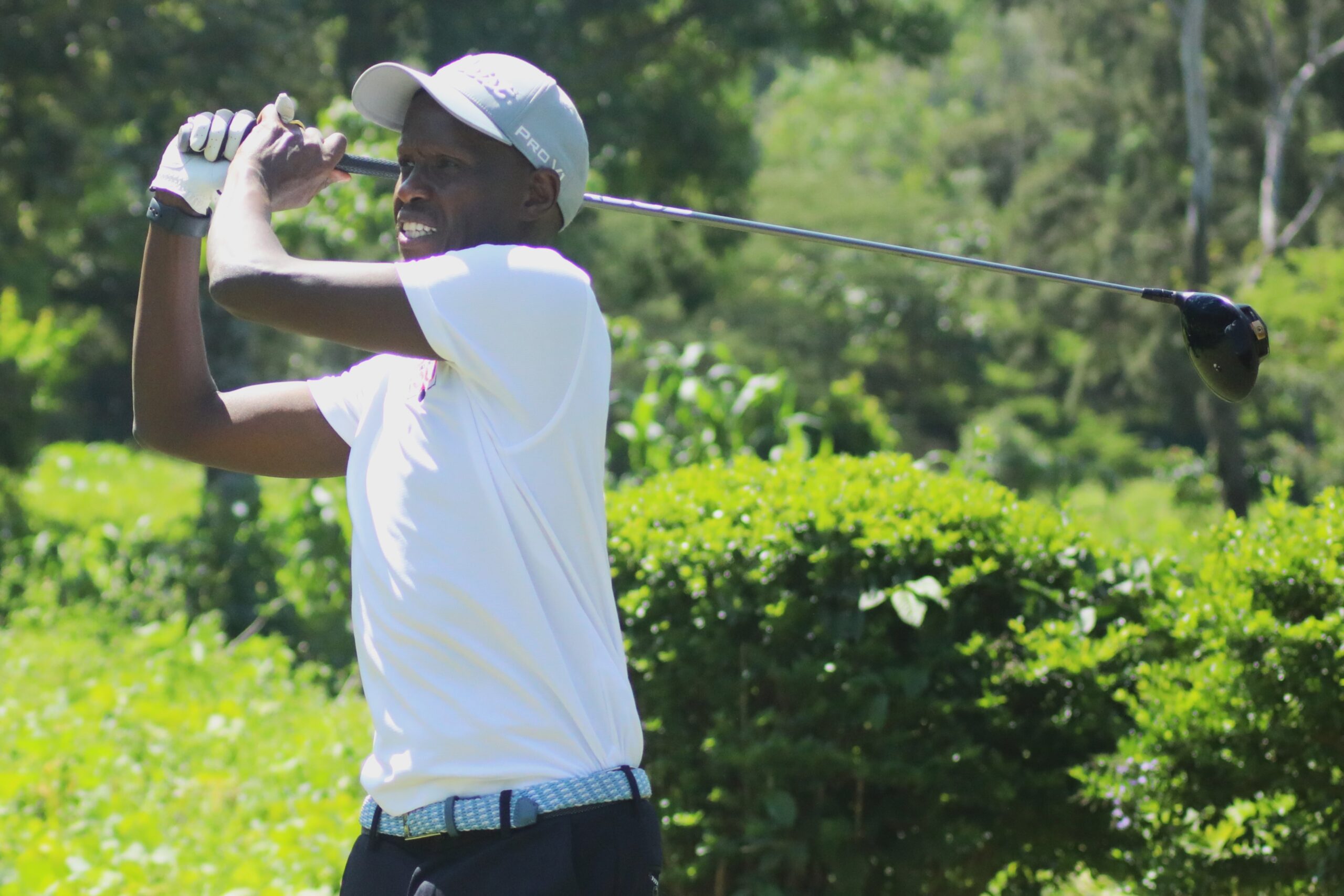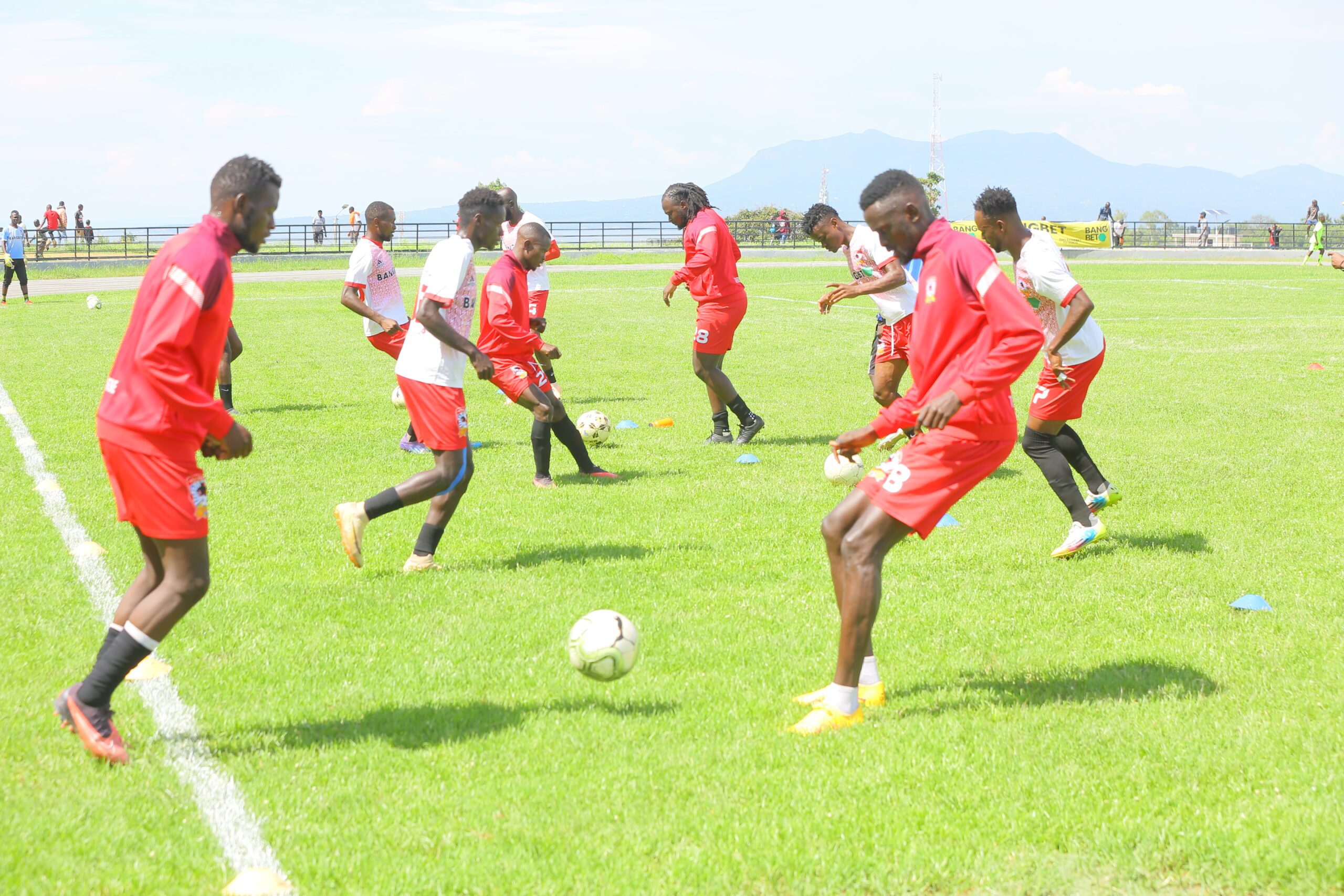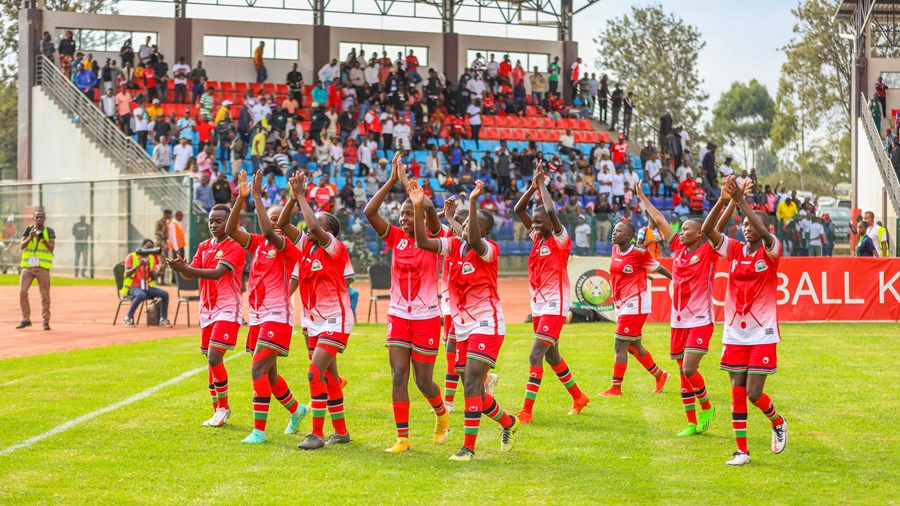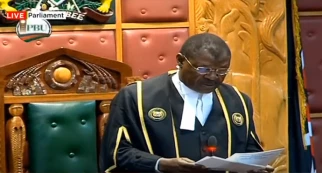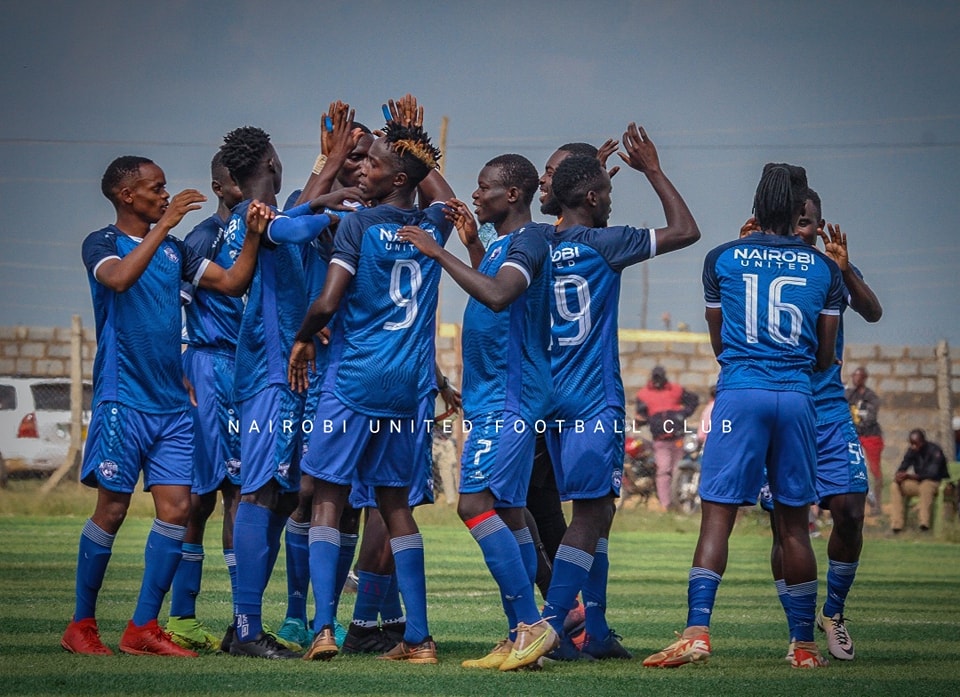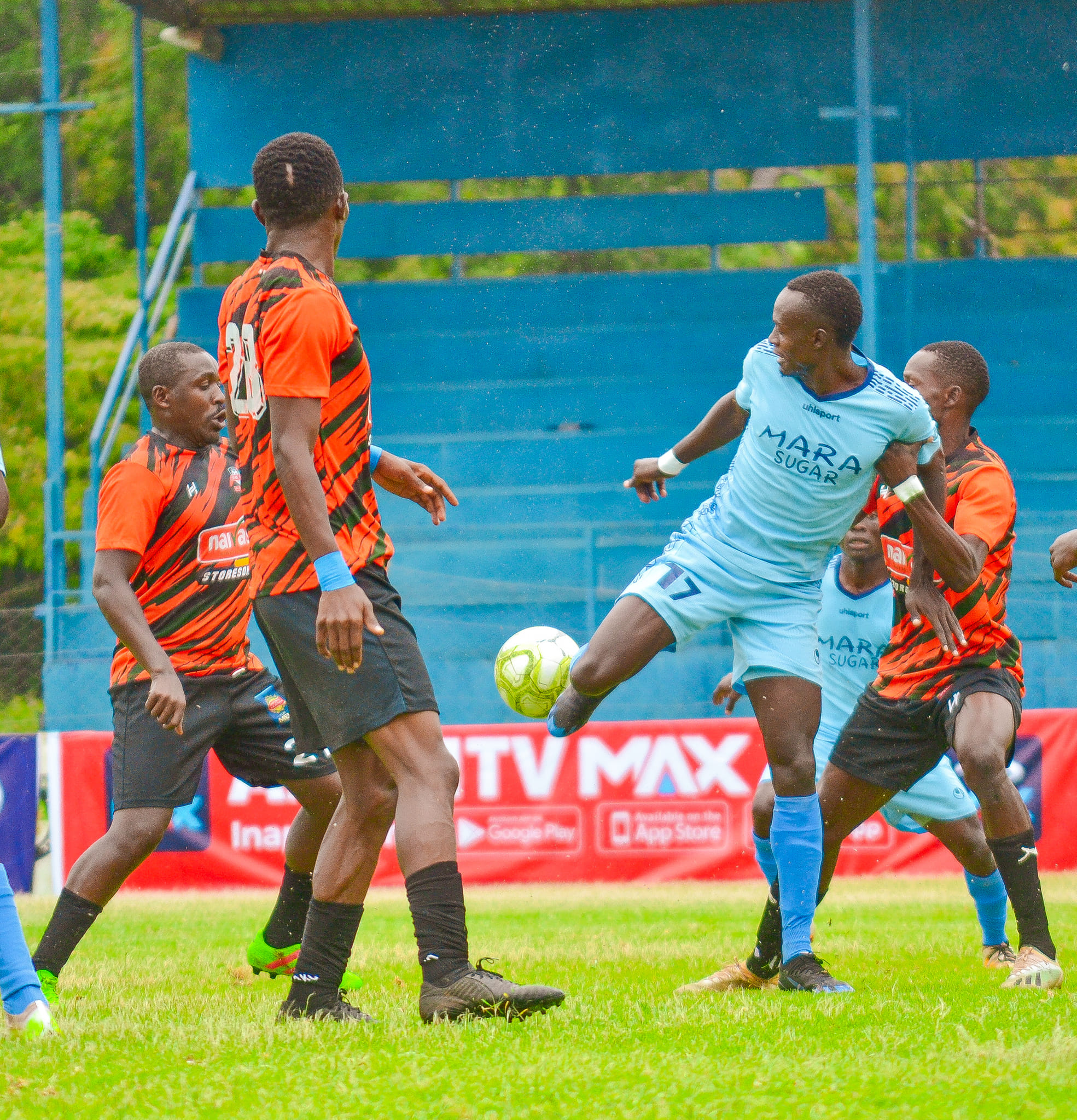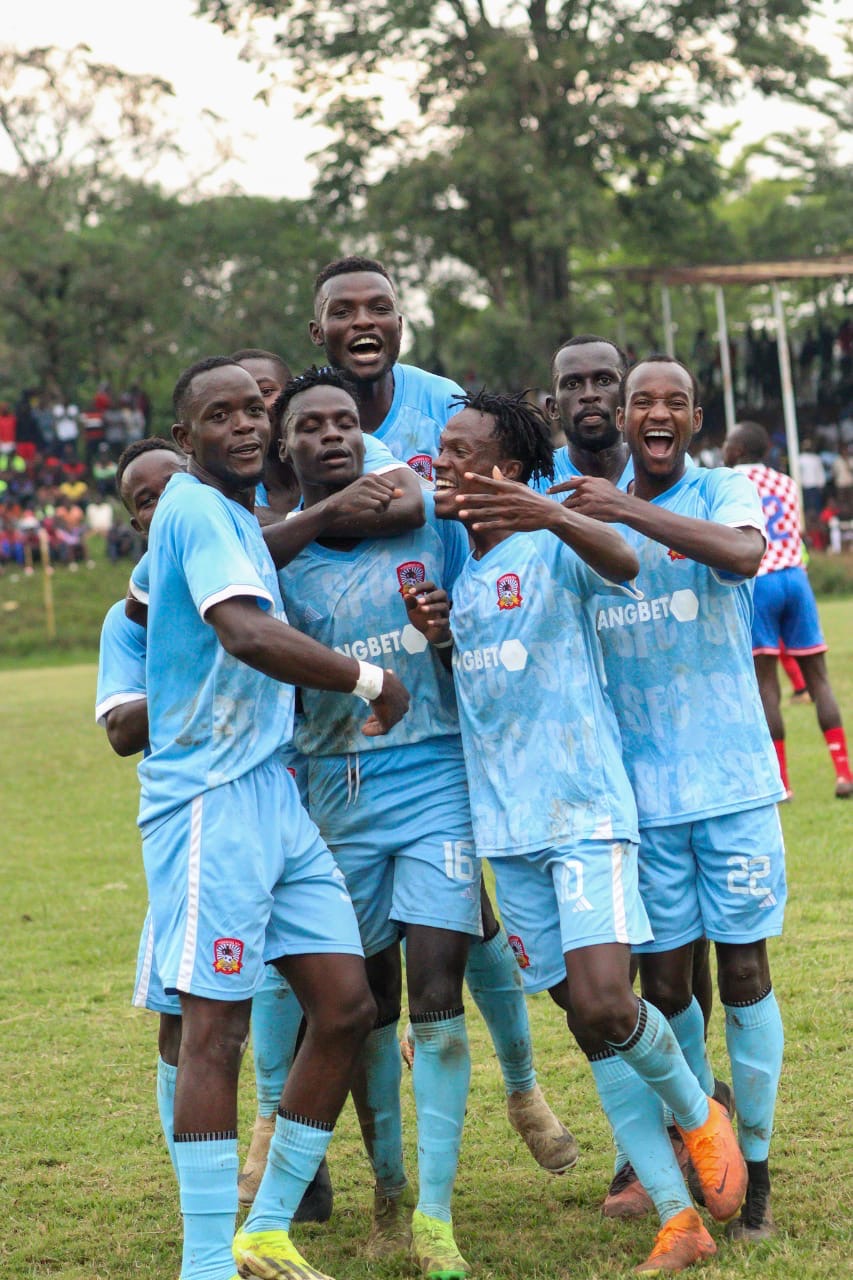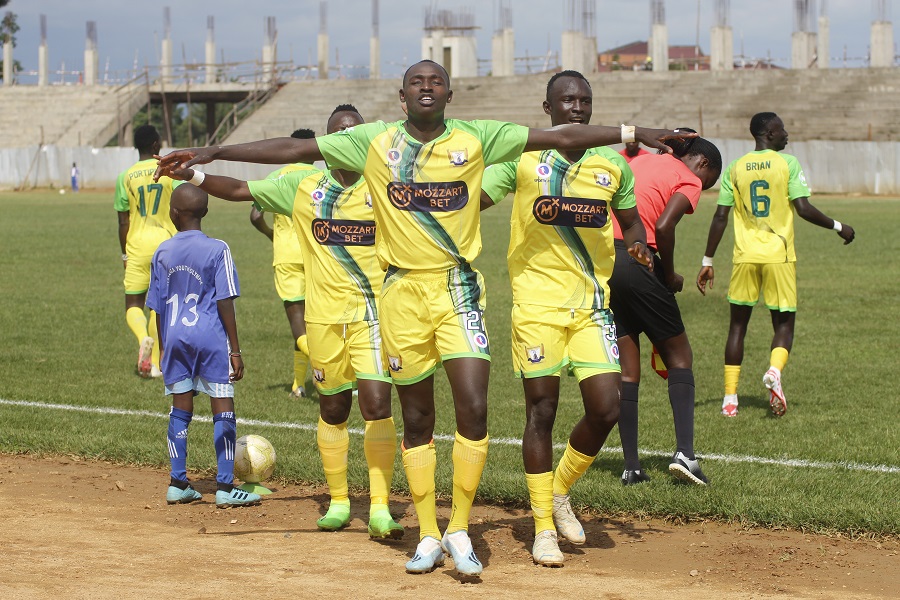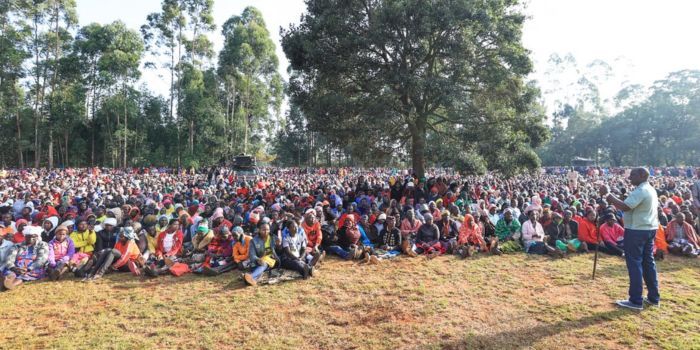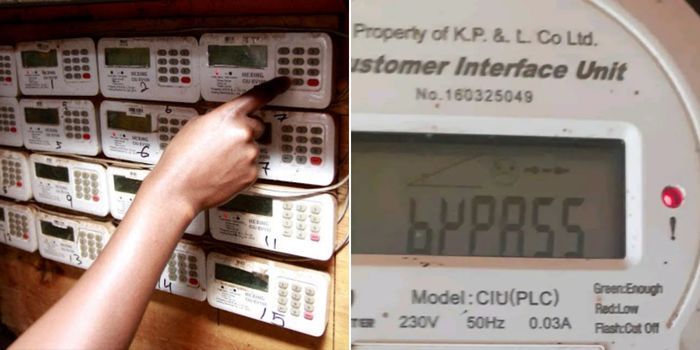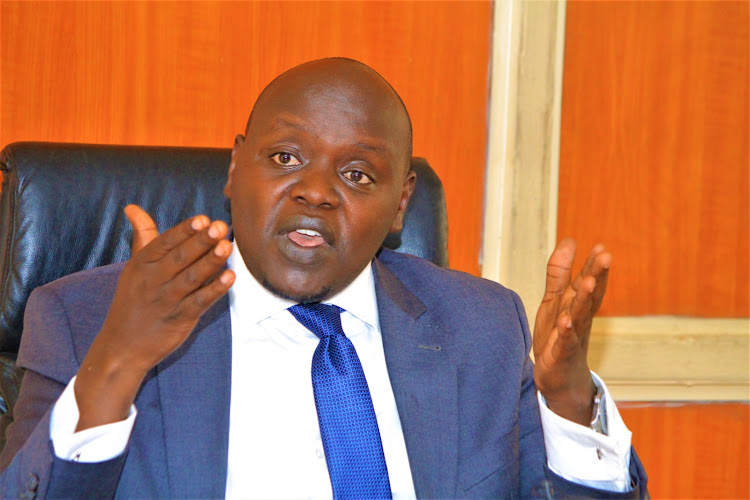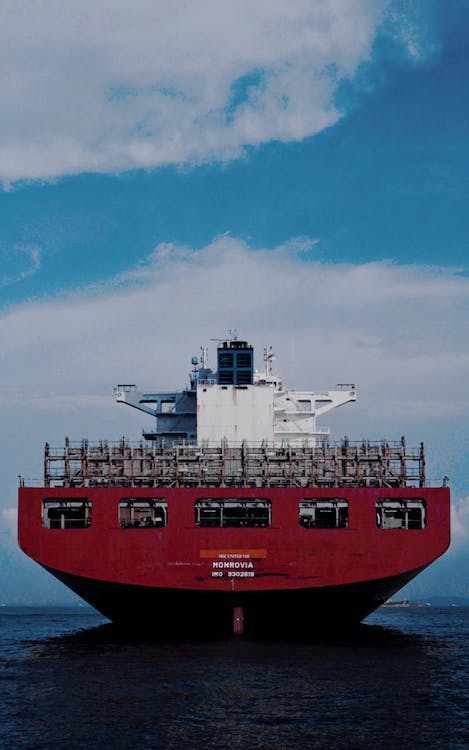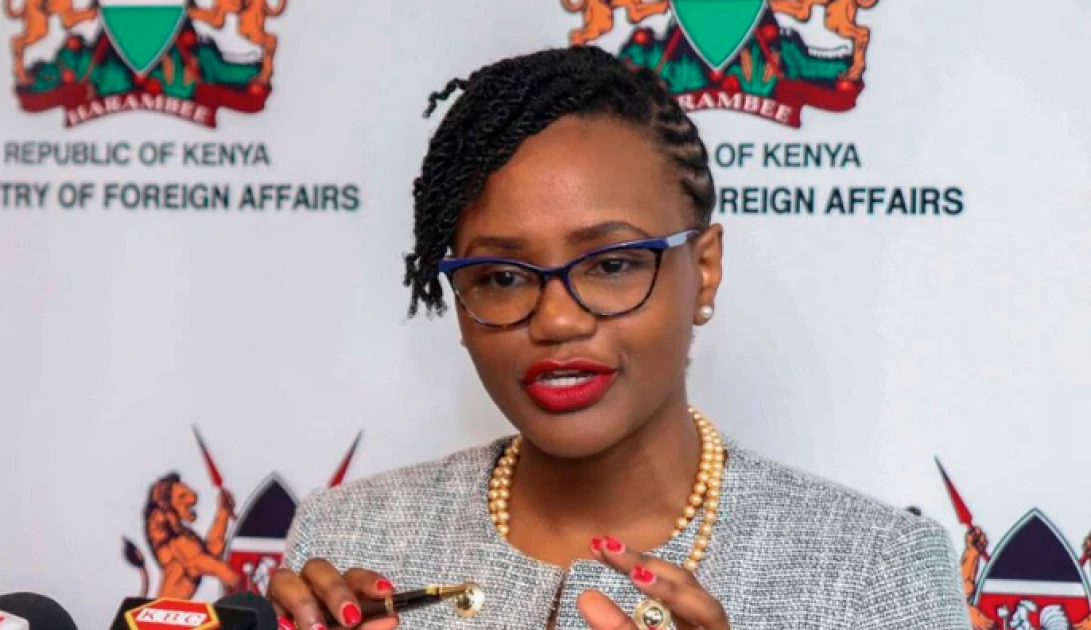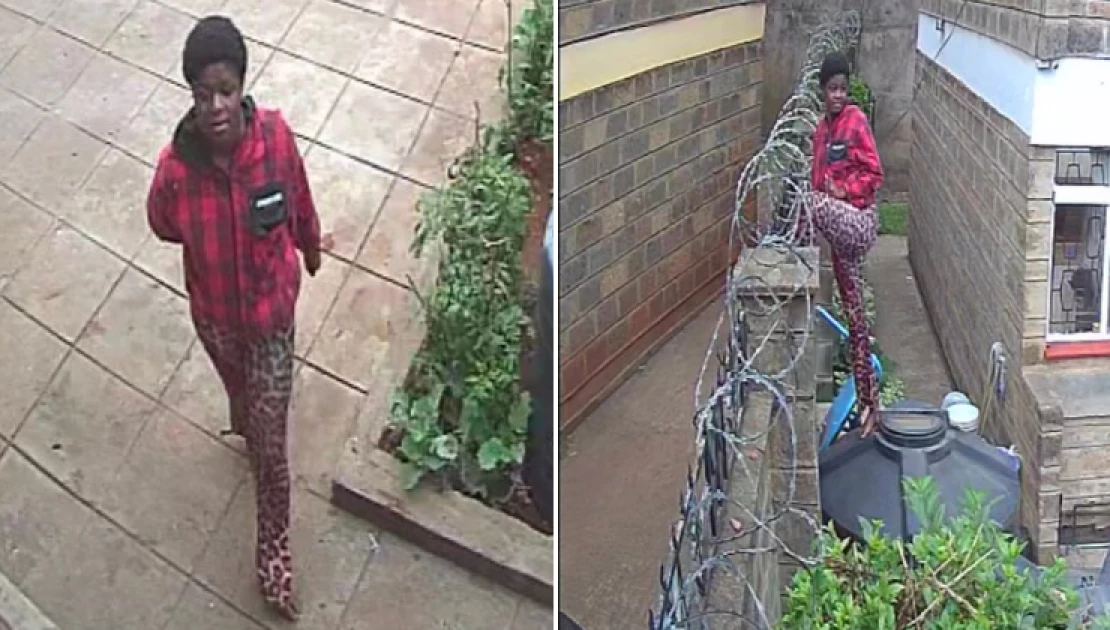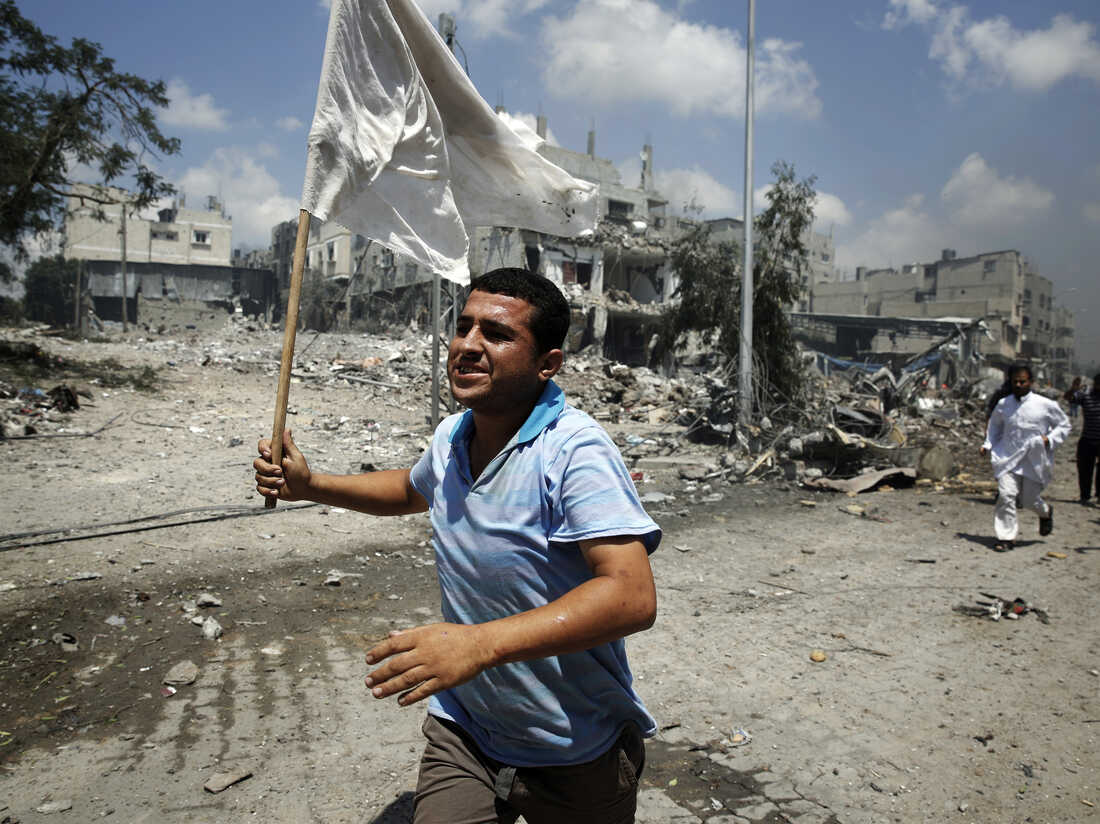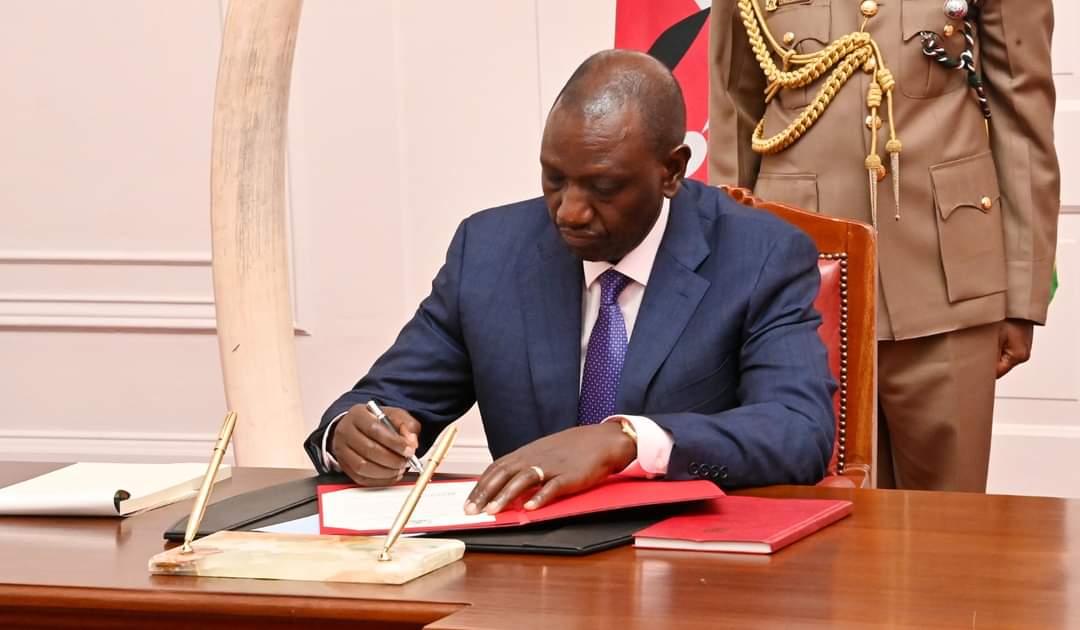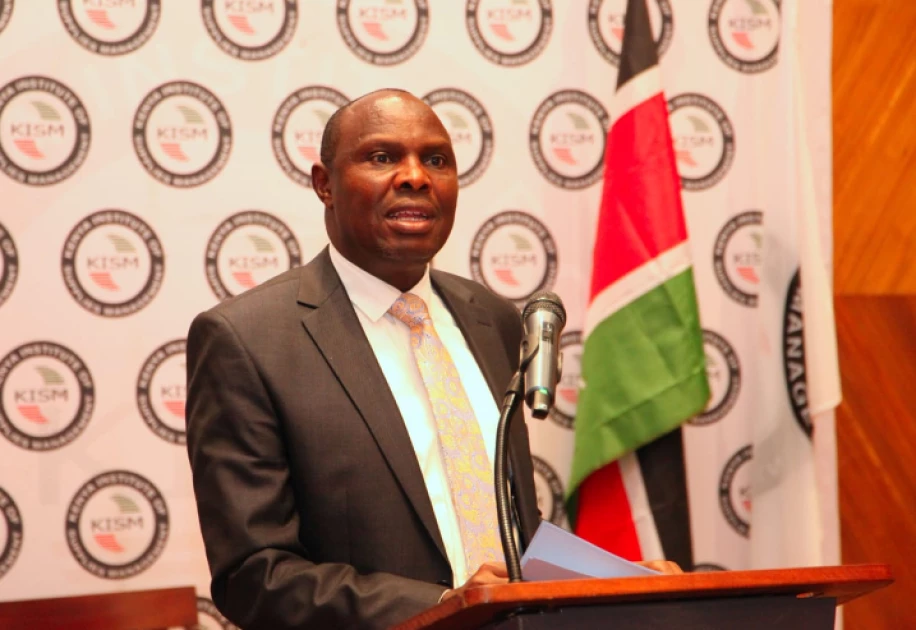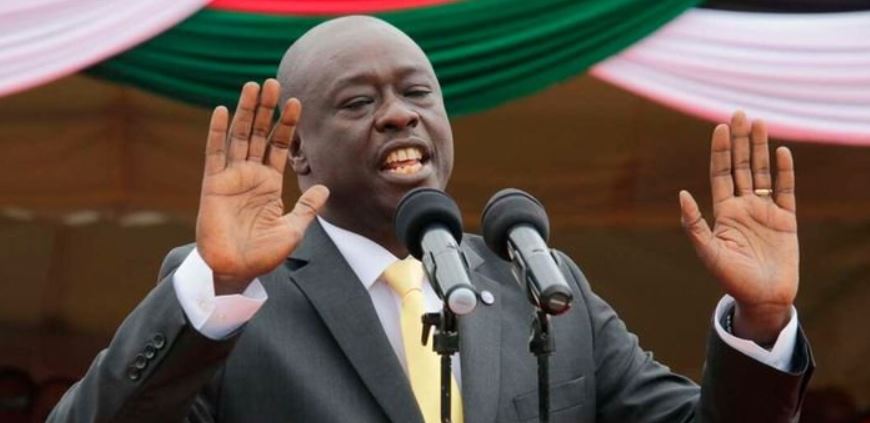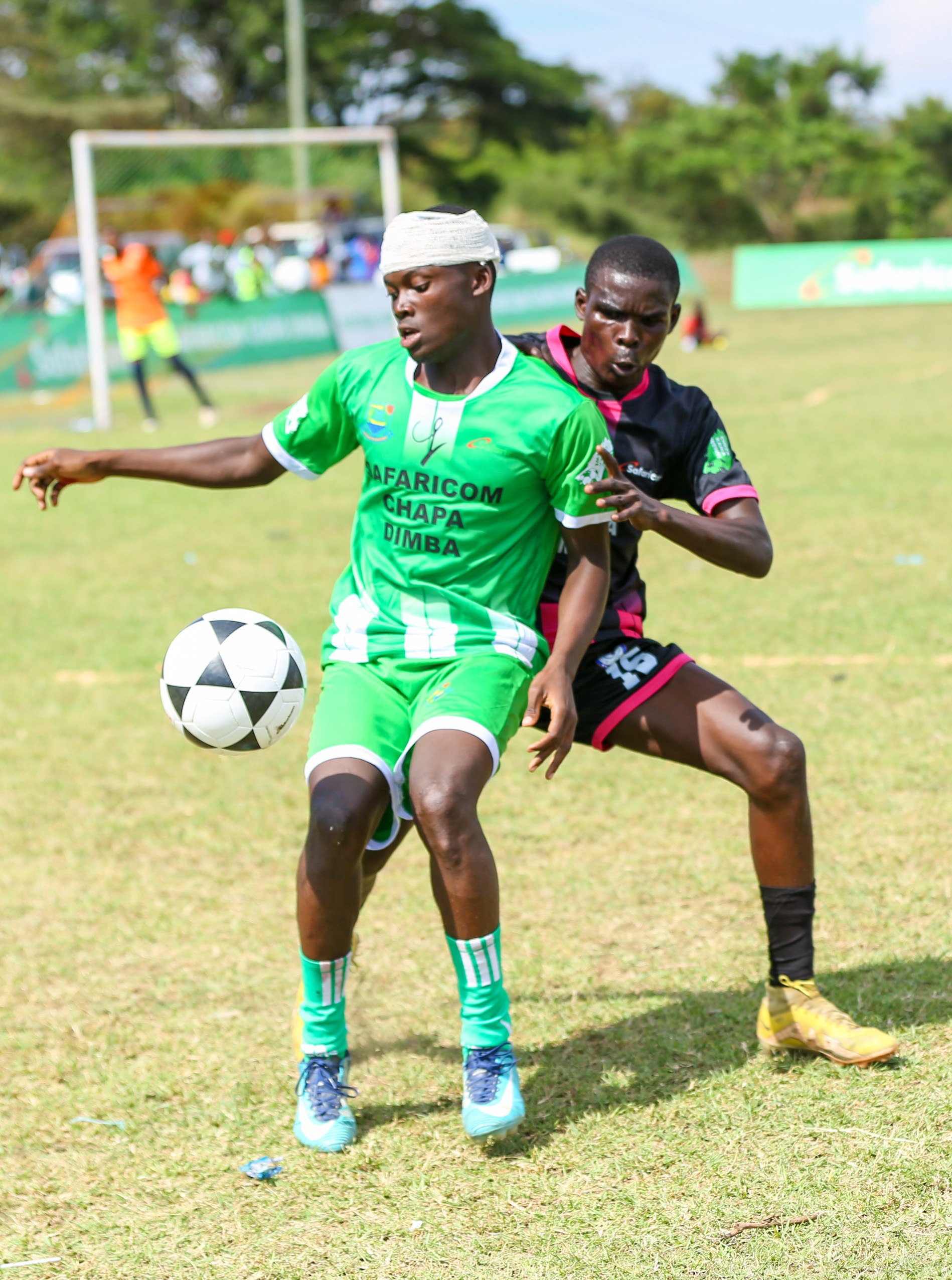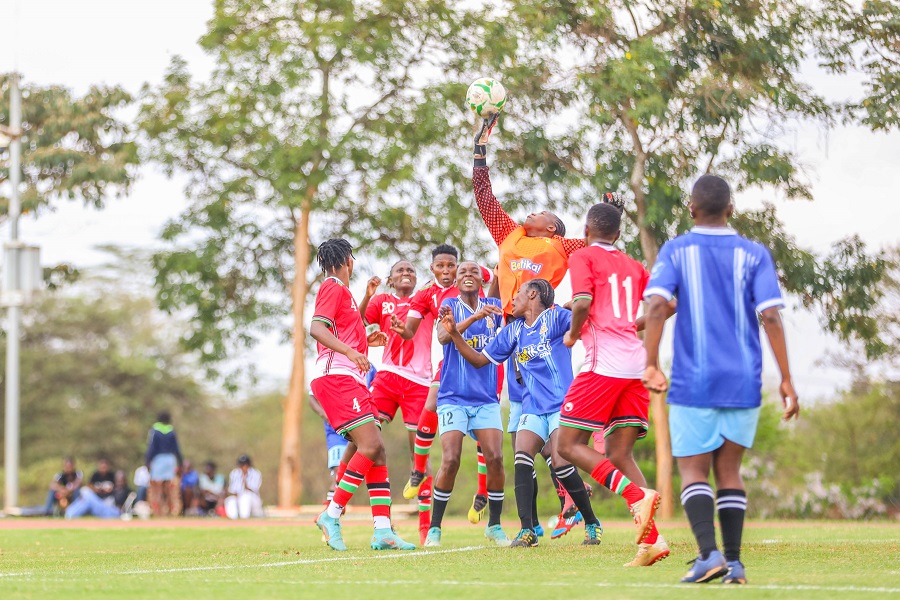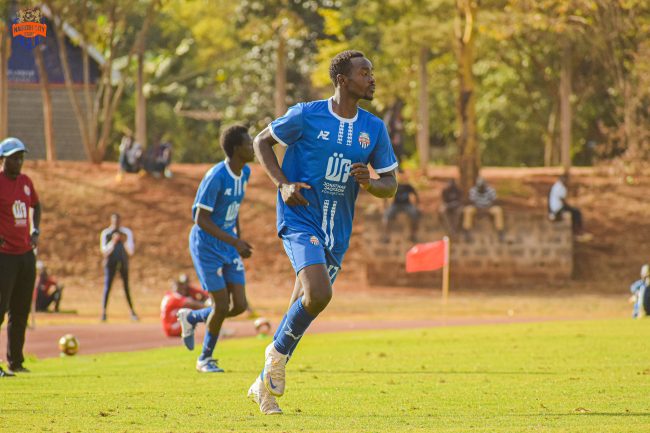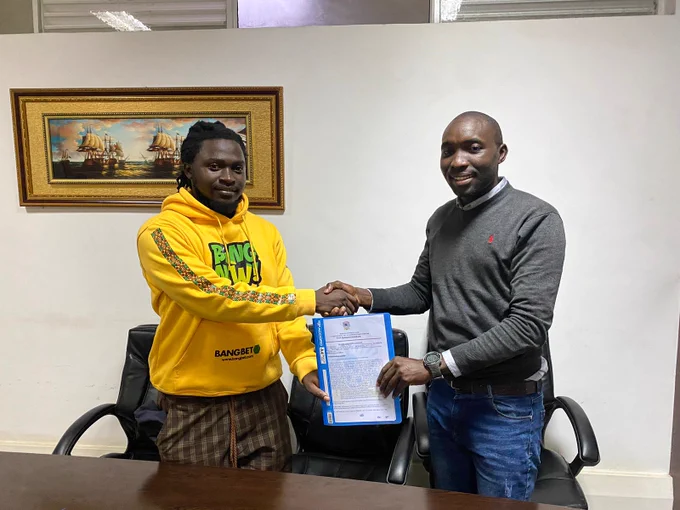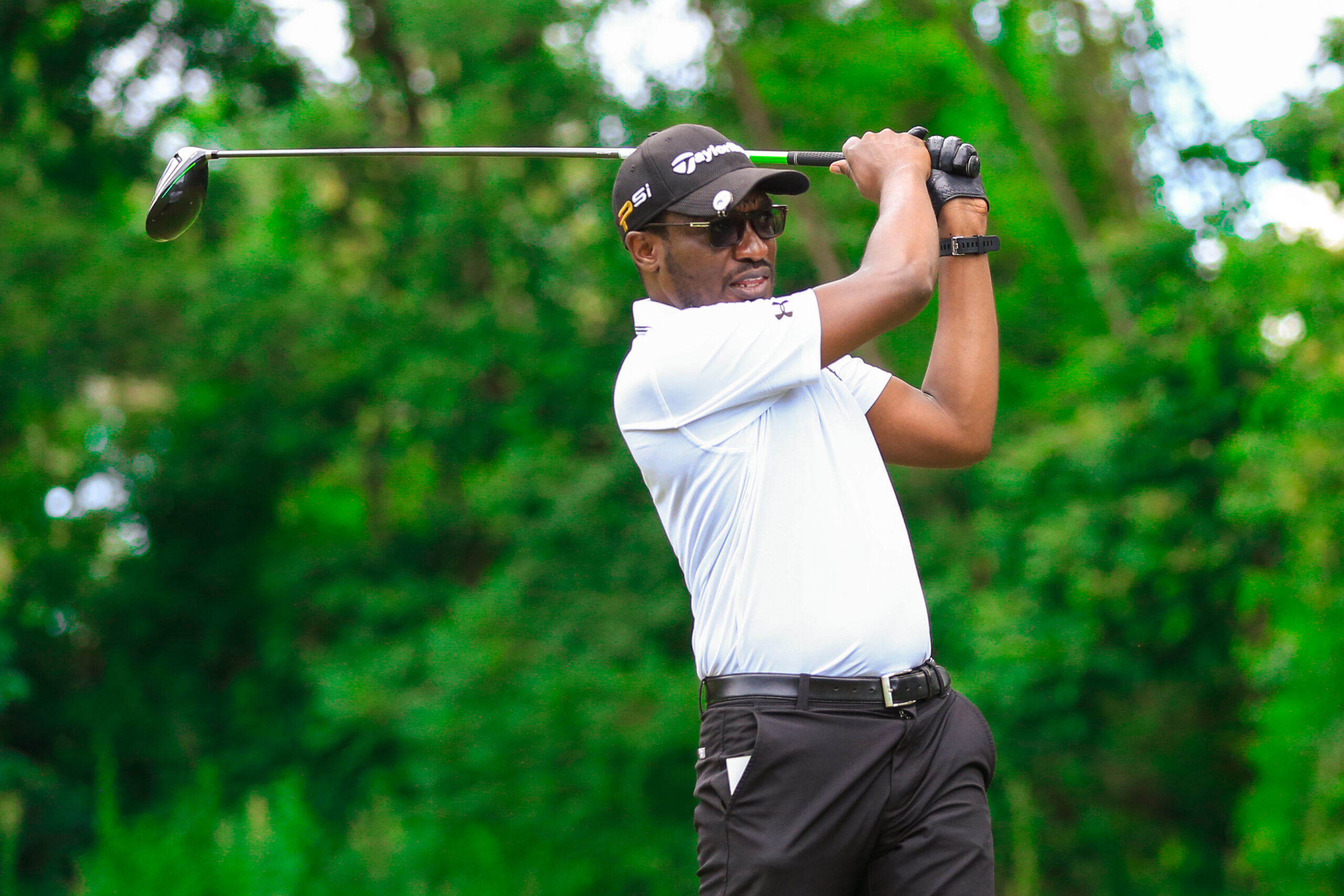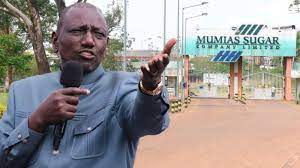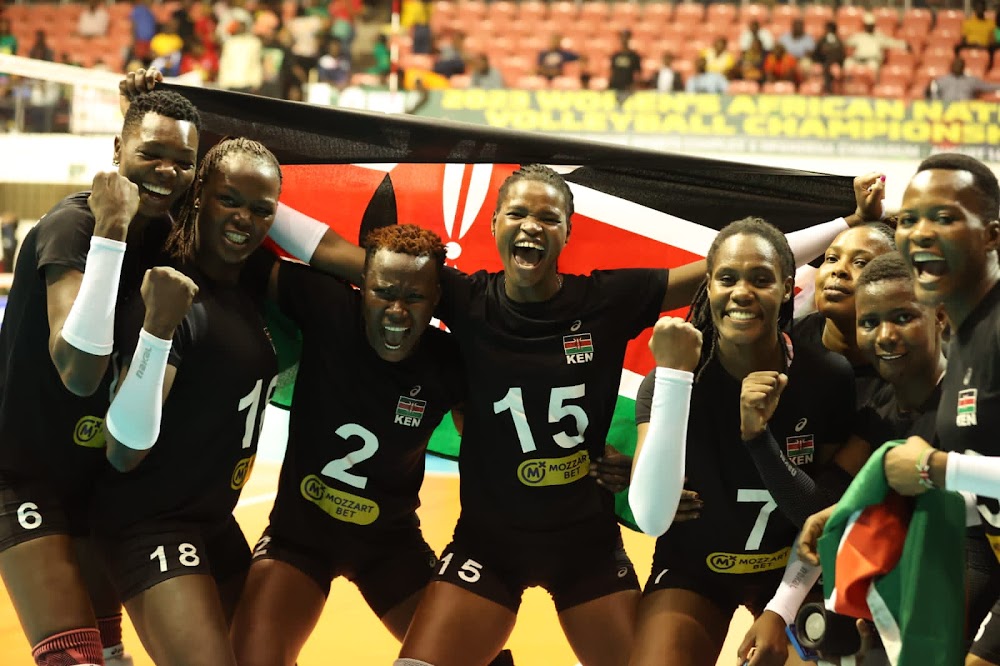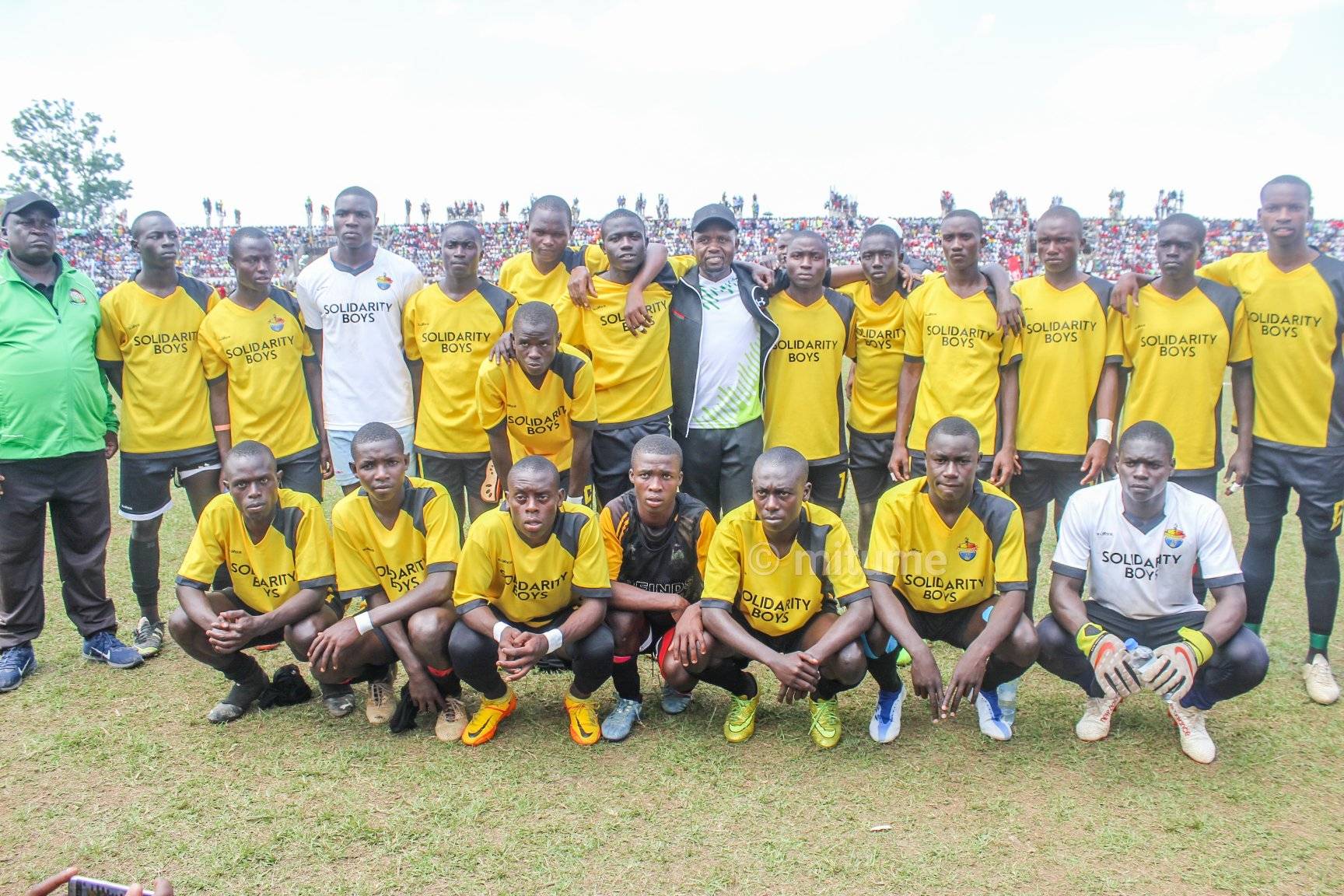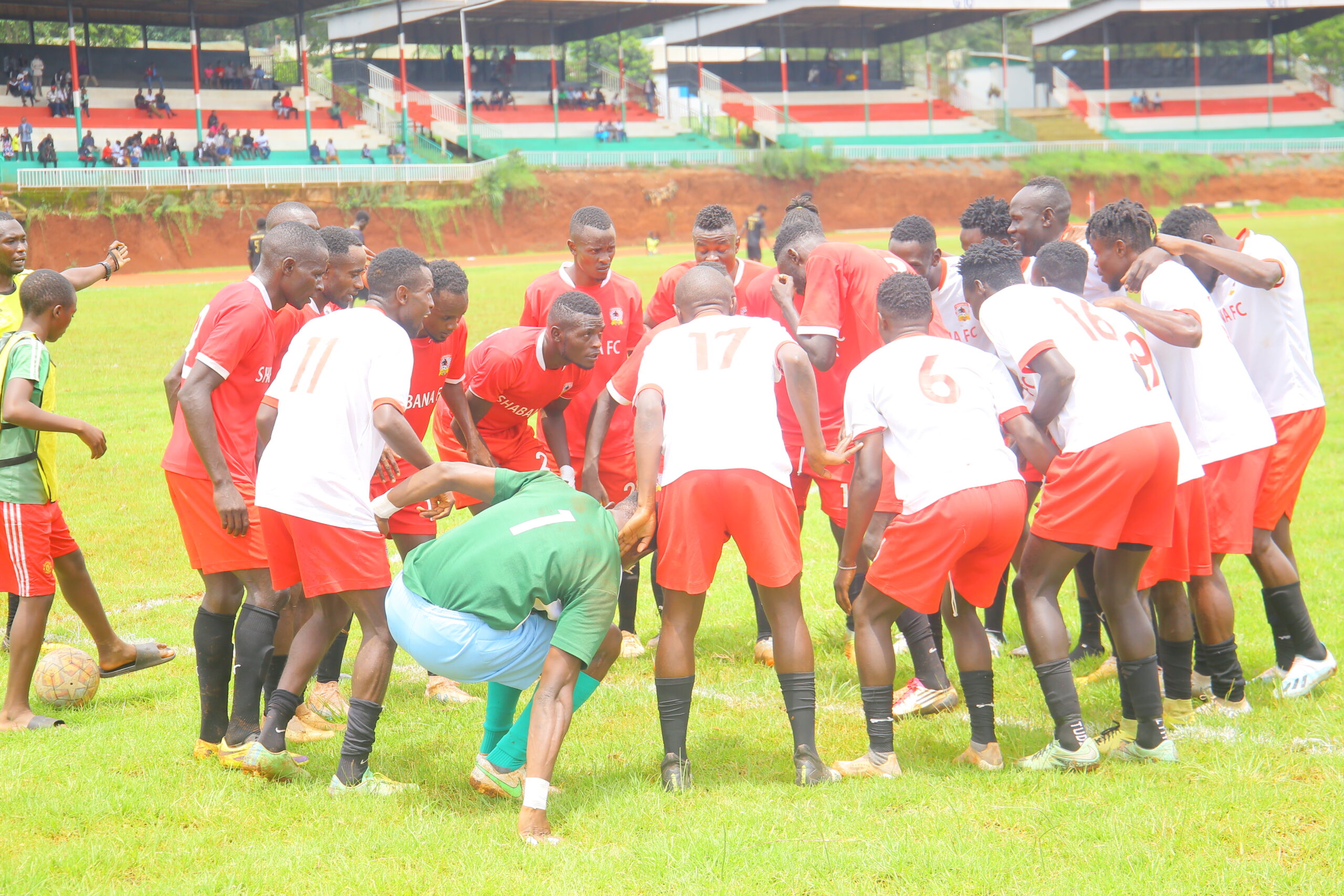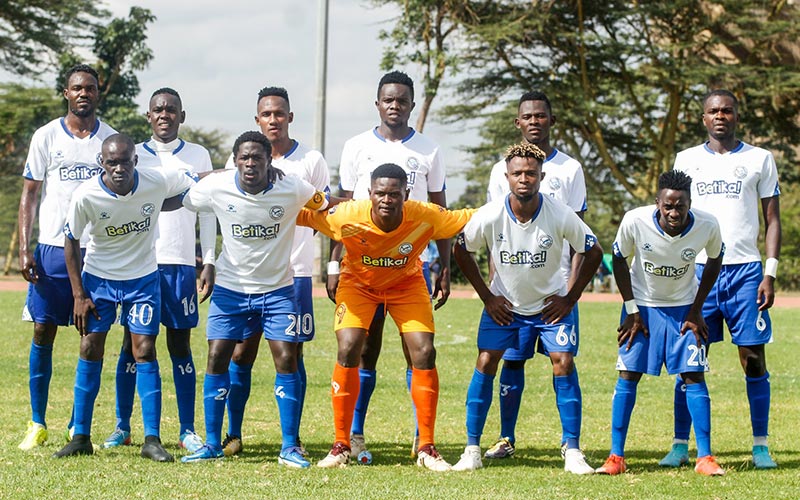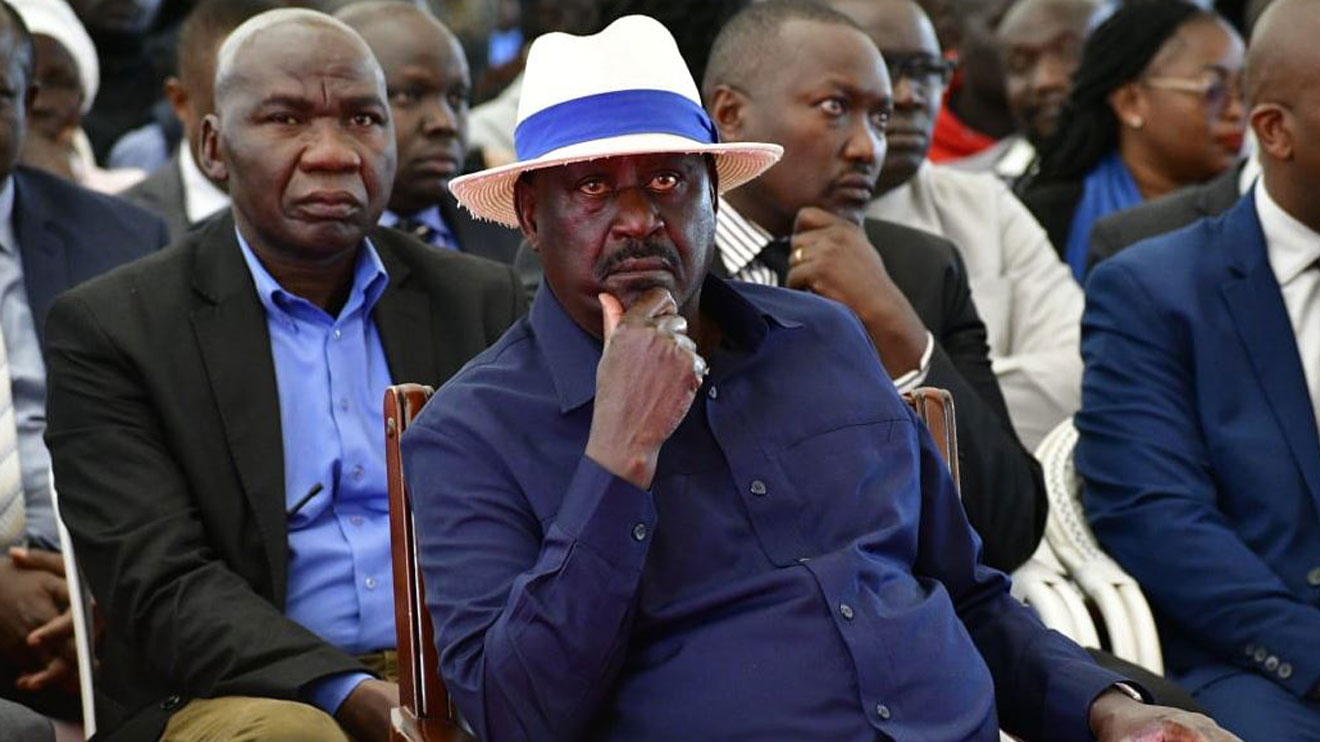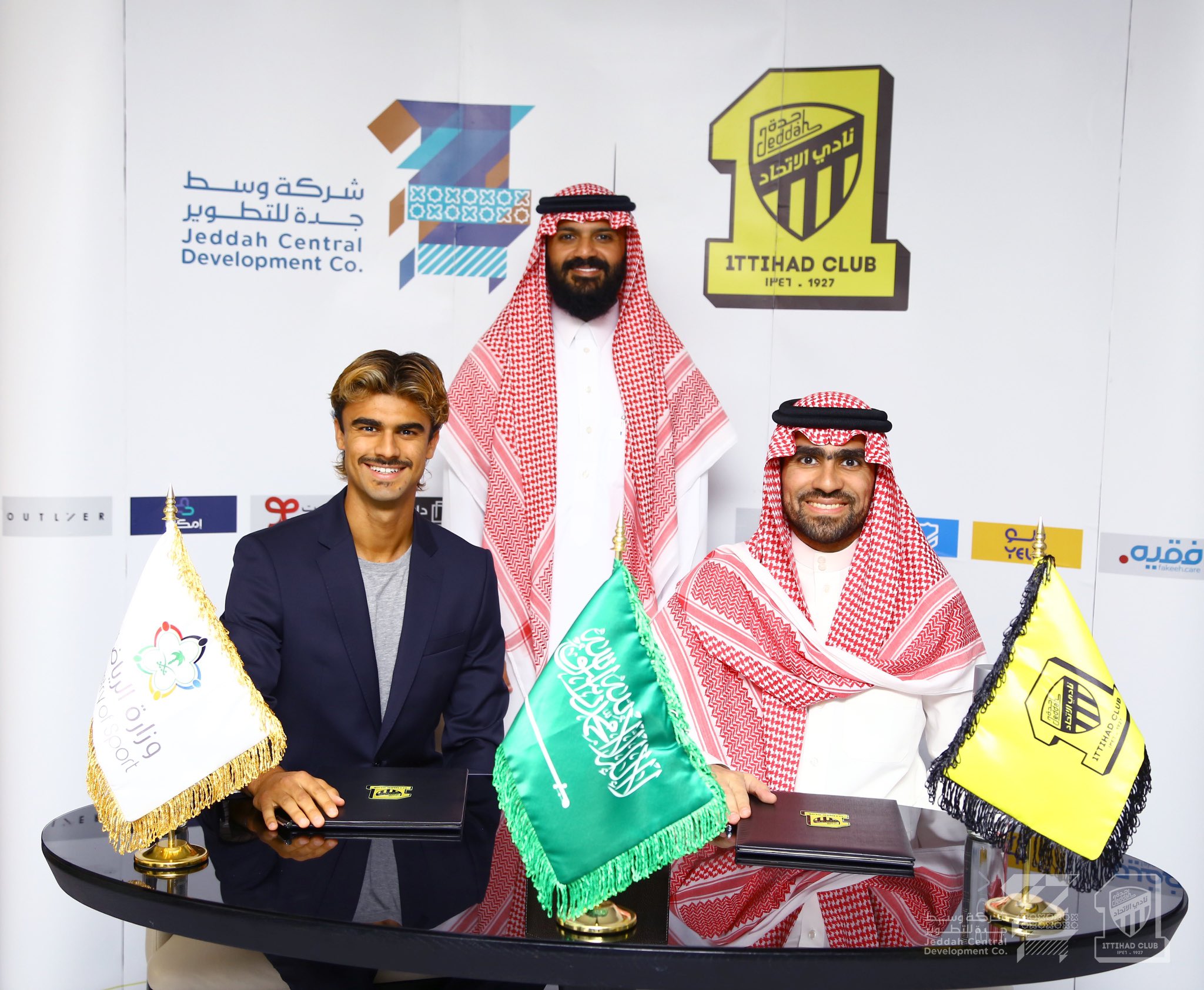Kenya’s Raila Odinga, vying for the African Union Commission (AUC) chairmanship, has vowed to champion Africa’s fair representation on the global stage.
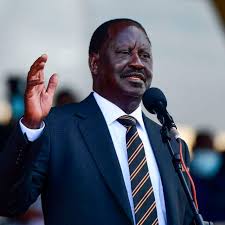

Speaking during the Mjadala Afrika Leadership Debate, Odinga pledged to secure two permanent seats for Africa on the United Nations Security Council (UNSC) if elected.
Ensuring Africa’s Voice at the UNSC
Odinga highlighted the glaring imbalance at the UNSC, where Africa, with 55 sovereign states and 1.4 billion people, lacks representation while Europe holds three permanent seats.
“Under my leadership, Africa must have permanent representation on the Security Council, complete with veto powers. This is a fair demand for a continent of our size and significance,” he said.
Odinga attributed Africa’s exclusion to the UNSC’s establishment during a period when much of the continent was under colonial rule. He emphasized that correcting this historical injustice is long overdue.
Addressing Key Continental Challenges
Odinga also identified critical issues facing the continent, including the proliferation of small arms. He linked this to poverty, internal conflicts, and religious tensions, promising to prioritize peacebuilding and conflict resolution.
He reaffirmed his commitment to realizing the Agenda 2063, a vision for a united, prosperous, and peaceful Africa.
“Our continent has immense wealth and potential. I have the experience to lead and bring about meaningful change, ensuring we achieve the dreams of our founding fathers.”
Driving Economic Growth Through Trade and Infrastructure
Odinga underscored the need for value addition to Africa’s raw materials to improve trade balances and boost economic growth.
“We must enhance intra-African trade, which currently stands at a mere 15%. The African Free Trade Area (AfCFTA) launched three years ago hasn’t reached its full potential due to non-tariff barriers and inconsistent payment systems.”
He stressed the importance of breaking these barriers to unlock the true potential of AfCFTA and promote sustainable economic development across the continent.
Drawing from his tenure as the African Union High Representative for Infrastructure, Odinga noted his firsthand experience in driving infrastructure development programs.
“We have comprehensive plans for infrastructure development. What we need now is action. I will lead from the front to ensure these projects come to fruition.”
Uniting Africa for a Better Future
Odinga’s campaign centers on the ideals of unity, progress, and self-reliance for Africa. He called for concerted efforts to achieve a united Africa that can leverage its vast resources for the benefit of its people.
“Liberation was the first step. Now, we must focus on unity and development to achieve our collective goals by 2063,” he said.
Odinga’s vision promises a new chapter for Africa, one where its voice is heard globally, its resources are fully utilized, and its people thrive under unified leadership.































